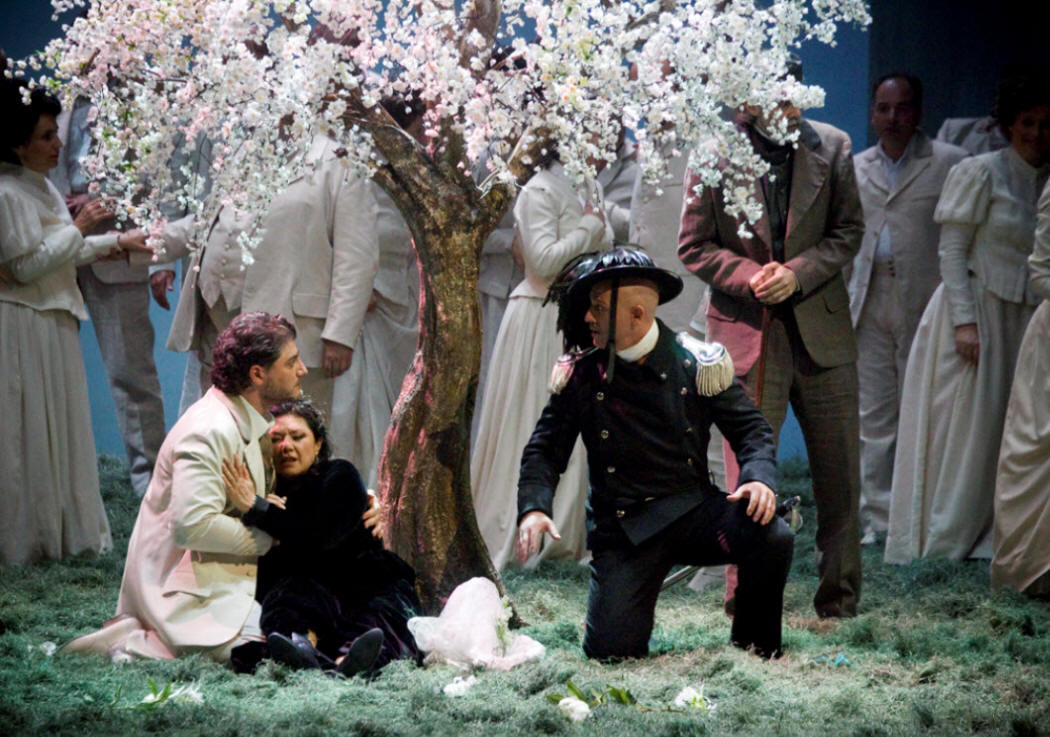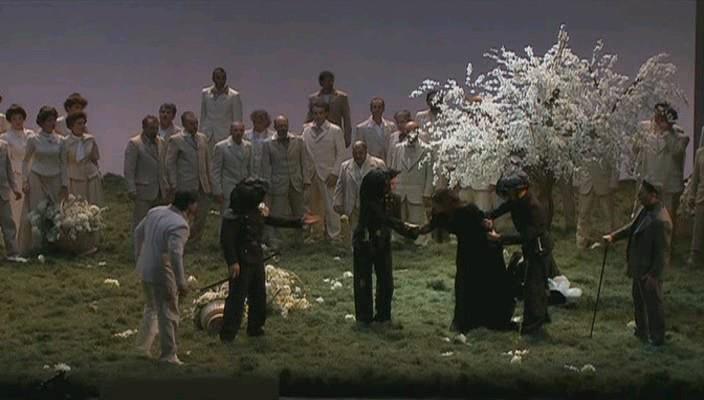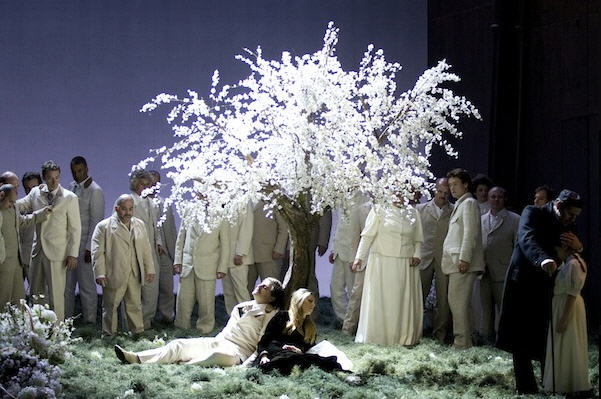Edgar
.jpg)
Performance Reviews
José Cura performed Edgar in 4 Act in Turin (2008) and Bologna (2010) \
|
“José Cura has a good stage presence, accentuated by a striking resemblance to Puccini, with an important voice.” Teatro.org, 27 June 2008
“[Edgar] has the charm and stage presence of the intriguing José Cura as a point of strength. Certainly the part is very complex and there is some forcing perceived when his singing is dramatically taut and angry, but in some of the phrases in the duet in the last act, Cura lightened his voice and offered beautiful moments of lovely relaxation, confirming him as one of the top tenors of the time.” L’Opera, August 2008
“José Cura as Edgar offers a stunning portrait of a sexy all-rounder who finds himself increasingly at the mercy of fate the more he acts. Despite his tendency toward thickening, throaty sounds, he succeeds in presenting a masterpiece of volcanic feeling.” Opernwelt, August 2008
“José Cura in the title role was only slightly less brilliant than as the tremendous Calaf in the Ronconi Turandot in 2007—although it must be said that the role of Edgar does not give many gifts to whoever plays him.” Trapsi, 7 July 2008
“With the phenomenal José Cura in the title role the Teatro Regio could get one of the best singers in the world for this role. His deep-voiced tenor is a perfect fit for this conflicted figure, self-restrained even in the arias.” Frankfurter Allgemeine Zeitung
“Yoram David conducted loudly, Amarilli Nizza sacrificed with generous skill, and José Cura hurled a lot of high note. For him, there was applause.” Il Giornale, 29 June 2008
|
|
|
|
Rehearsal Photos
|
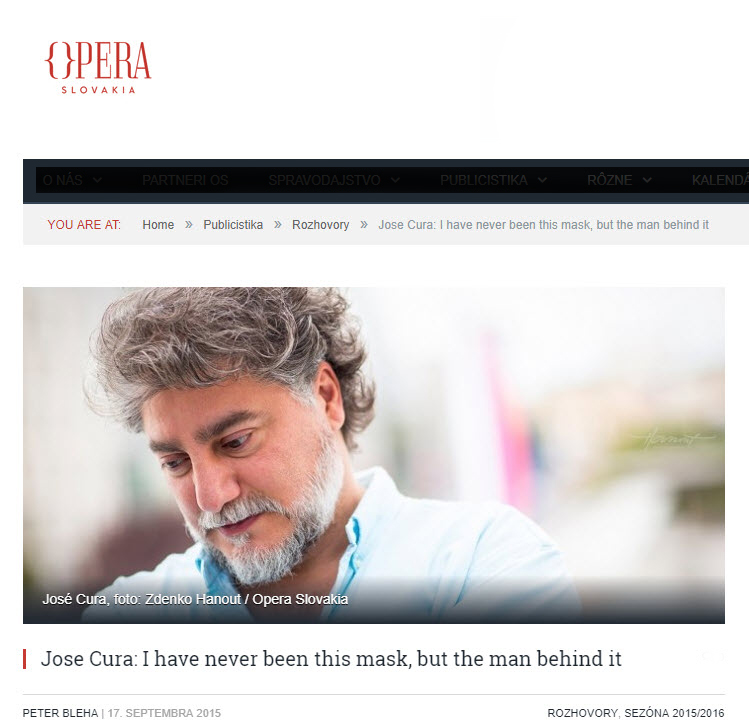
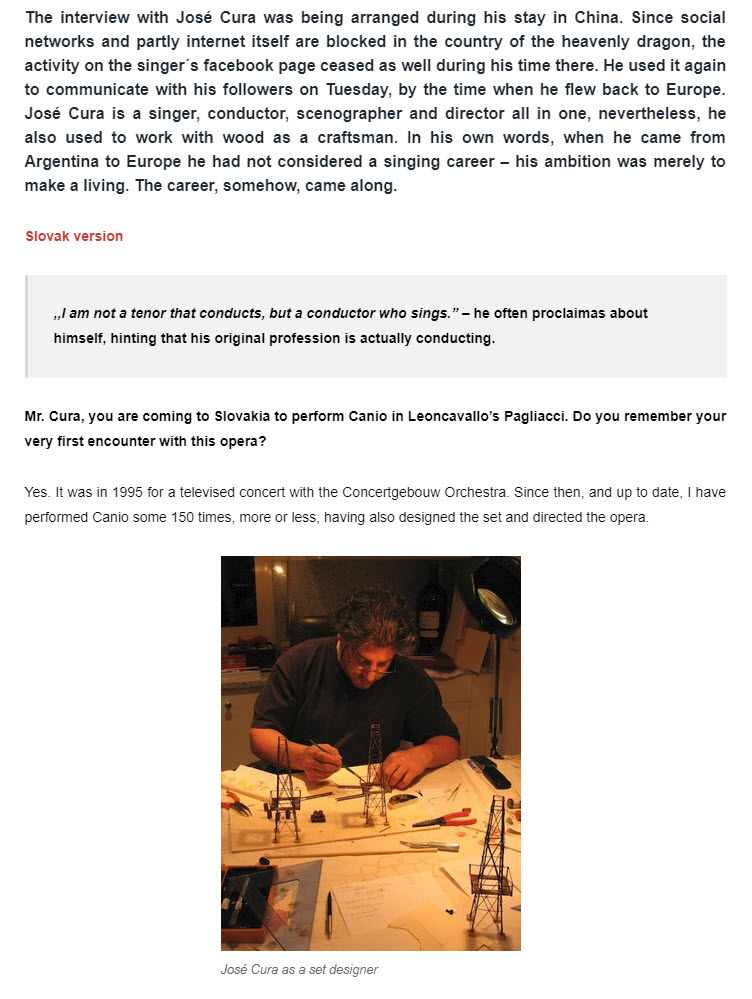
|
Your conducting career commenced 15 years earlier than the take-off of your singing career. You often speak of the starting point of your singing career as rather unfortunate as you had very bad vocal coaches (teachers) who had a very bad technique and some of their instruction even led to damaging your voice. Due to this you were forced to abandon singing for a period of time. Not a way to kick off your career. But you had triumphed over this situation. Now, what advice would you give the young singers of today facing similar issues? It is very difficult to give such advice as the way of coping with misadventures is different for each of us, based on the temperament and spiritual strength of each individuals. But, as a general advice, I would say “If you believe in yourself, don’t give up!” Is there an effective way to evaluate a good teacher/vocal coach? When you have the experience I have, I can smell a good or a bad teacher from miles away. But when you are a beginner, you are just “tender flesh” for unscrupulous people to take advantage of you. Mainly, cheating the youngsters in order to take their money. A good teacher is almost like a second father for a student. Rare, but possible.
José Cura, // Photo: Zdenko Hanout / Opera Slovakia From the standpoint of your career of 30 years, as one of the top world-class opera singers, with all your experience, can you tell us – What do you think, in the world of opera, are the demands on singers different today than 20-30 years ago? The business has changed a lot in the last 10 years. There are plenty of new talents out there, but that the young artists are struggling to cope with the business, due to the abnormal speed at what things move nowadays. So fast that they are burning wings way too soon: a huge problem that may result in a near future in not having “leading” artists. Being a leading artist is not only to perform beautifully —after all, beauty is only a point of view—, but to have the guts to carry the flag of a personal style, holding high the pride (and the risk), of having something to say.
José Cura as Canio, Pagliacci We know that back in the day, when you were starting your career at Teatro Colon in Argentina, you were rejected at first. Using the same words you had used in an interview that you were not a prophet in your own home … Do you feel that Argentina’s attitude towards you after all the years of hard work and success on the international scene has changed towards you? Do you feel the satisfaction? When did you first begin to recognize this? Is there anybody who is prophet in his own land when he is young? I can make you a list with the names of the many good Slovakian singers I know who are not being recognized in your country. Some of them are even cheated by your promoters, by making them work without paying them after… So, no country can cast the first stone! Today, I am accepted by most of the public in my country, while I am pretty much fought back by some of the establish cultural media that still lives with its head in the past. And it is alright like this: If you are accepted by everybody, it means you are not “moving on”, but just “heating up some old food”. There is no better excuse for the political administration, than saying: “If you, artists, are going to repeat again and again the same old things, then we can perfectly cut down the contributions as there is no need to spend money in recreating what has already been done…
You have learnt the right way of operatic/singing breathing (the one with a sudden intake of breath) from Italian diva Mirella Freni. Did you learn it just by watching her while being on the stage together and figuring out later by yourself, or did she somehow coached/mentor you? Legendary Mirella Freni never gave me any private lesson. But I have learned from her in the best of ways: Being her partner on stage and watching her amazing technic from a privileged short distance. The best of lessons! Some years ago it was one of your initiatives to revive almost unknown Puccini’s opera Edgar. What is the story behind you and this opera? When did you first learn about it and why has it appealed to you so much? In 2008, the Teatro Regio di Torino told me Mrs Simonetta Puccini, the last heir of Giacomo, has decide to make public the manuscript of the 4th act of Edgar. I immediately said I would very much like to be the Edgar in this “world premier”. The fact is that Edgar, in its 1, 2 and 3rd acts, is not a great opera. But the 4th act is an incredible discovery: the germ of almost all Puccini’s operas to come is in this 4th act. I think Puccini himself realized this incredible difference and probably because of that that he decided to “hide” this score: To keep it as a secret that he has inspired most of his upcoming production in this 30’ of music. It is It was a great historical privilege to be the first “full” Edgar ever! During your last visit of Bratislava in March 2014, as you were signing CD’s and DVD’s for your fans after the concert, you saw a DVD of Edgar – the 4 act version from Torino (with yourself, Amarilli, Nizza, Marco Vratogna), you commented you were not too impressed by this recording/production. What are you displeased with? What could have been done differently?
I was, and I still are, not pleased with the way this DVD was cut, both the images and the music. The recording quality is very good and deserved, considering the historical event, a more careful work. I have never approved this version, sending a long list of things that could be improved. But… Is there another less-popular opera that you think deserves similar attention and you would love to help promote? In 1994, I also had the great historical chance of being the tenor in the world premier of the last version of Puccini’s La rondine. So, two great honors within 14 years of distance. Today, however, I don’t feel the industry is anymore interested in this great cultural events. Minute-money is the only thing that moves the world today… In today’s racing world of digital era, 10 second commercials, youtube videos which give away the whole story in 2 minutes – How can the world of 3 hour operas compete, survive and attract an audience and visitors? “Intellectual honesty and interpretive sincerity.” You can’t seduce young audiences with affected interpretations only to please the same recalcitrants. Seriousness and innovation: a difficult combination, but a fundamental one if we don’t want to end without an audience. What stands out the most to you in the world of music in the past year? As a personal experience, the pick of my year has been to conduct Mahler’s Second Symphony for the first time. I simply cannot wait to repeat such an “extraterrestrial experience” again and soon! If tonight were the last night in your career for you to conduct (opera), for whatever reason, which title would you choose? To finish my conducting life by leading for the last time “Bach Mass in Si minore”, would be the most magical adieu for me. And, if it were your last night as a singer, what role would you choose to sing and why? I would like to finish my singer’s life with Pagliacci: ,,Remember I that I have never been this mask, but the man behind it!”. Thank You very much. Peter Bleha, Natália Dadíková |
|
|
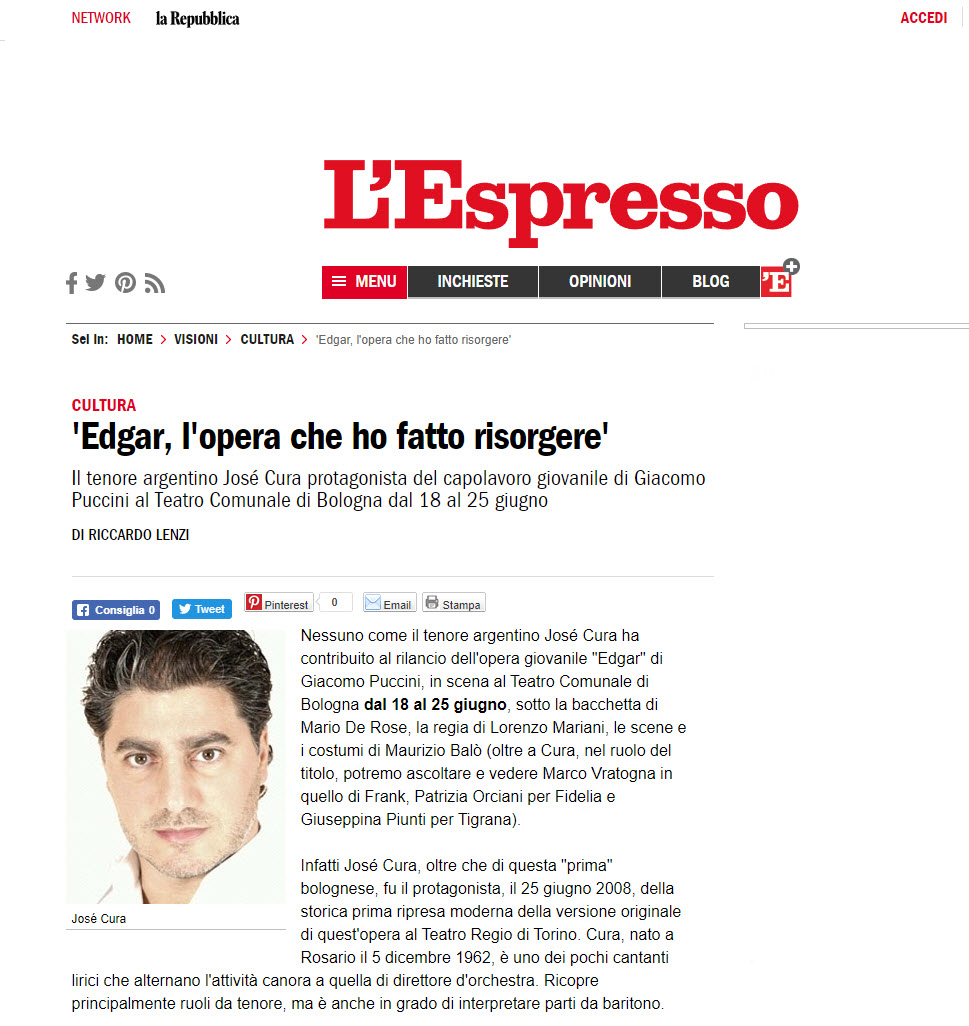
| Edgar, the Work I Helped Resurrect The Argentine tenor José Cura is the protagonist of Giacomo Puccini's youthful masterpiece at the Teatro Comunale in Bologna from 18 to 25 June
Expresso Riccardo Lenzi 16 June 2010 [Excerpt] No less than the Argentinian tenor José Cura contributed to the re-launch of Giacomo Puccini's youth opera Edgar, staged at the Teatro Comunale in Bologna from 18 to 25 June, under the baton of Mario De Rose, directed by Lorenzo Mariani, with staging and costumes by Maurizio Balò. In fact, José Cura, in addition to this "first" Bolognese, was the protagonist on June 25, 2008, of the historic first modern take of the original version of this opera at the Teatro Regio in Turin. Cura, born in Rosario on 5 December 1962, is one of the few opera singers who alternate singing with conducting. He mainly covers tenor roles, but is also able to sing baritone parts. The approach to the baton is the result of a utilitarian reflection: "The physical power sooner or later ends, the youthful beauty gives way to the fat, the hair falls out and grays, the voice becomes insecure," he explained to The Express. Perhaps this is why the tenor, at home in the world's greatest theaters, has invented other roles for himself. In Puccini's La rondine also at the Teatro Comunale di Bologna a year and a half ago he was an orchestra conductor but at the same time scenographer and lighting designer. Could he ever sing and conduct simultaneously? "It is an experiment, done so to arouse the audience’s amusement,” he suggests. “Certainly I could not direct and singe simultaneously a complete work. I did it on my records, in recitals and encores and this certainly meant offering an all-round interpretation of mine.” And do you like to cover baritone roles, other than tenor ones? “Nature has given me this vocality and with the passage of time my voice is getting darker. It is better this way: so much beautiful music has been written for the baritone. But the important thing is that the tenor is not lost, because that's where my popularity is fixed." In Argentina, Cura debuted at age 15 as choir director and studied composition and piano. In 1991 he moved to Europe with his wife and two-year-old son to search for relatives in Santo Stefano Belbo, in the province of Cuneo, his mother's native country. Not finding any relatives, he reached Verona, a city where an Italian couple he had met while traveling from Argentina to Italy lived. After a week, with his wife and son, he went to live in Cerro Veronese, where he lived for four and a half years. In February 1992 he made his debut as an opera singer in Verona, playing the role of the Father in the Pollicino by Hans Werner Henze. He reached international popularity in 1995, replacing José Carreras at Covent Garden in Stiffelio. Edgar is a much discussed work: there are those who still consider it immature but others who see the first yearnings of the Puccini grandeur. Giacomo Puccini, after the great success of the first opera, Le Villi (1884), obtained the commission for a new work from the publisher Giulio Ricordi. The librettist was Ferdinando Fontana himself, a minor exponent of Scapigliatura, who chose a complex dramatic poem by Alfred de Musset, La coupe et les lèvres. "The protagonist, Frank, is a Tyrolean peasant, half Faust and half Manfred, who despises his fellow villagers and sets off on a journey of self-discovery after burning his house and cursing his father's memory," the distinguished Puccini scholar, Julian Budden summarizes. The protagonist of Musset, Frank, who is divided in love between Deidemia and Belcolore, becomes Edgar in the work of Puccini and Fontana while Deidemia takes the name of Fidelia and the femme fatale Belcolore is called Tigrana. For opera requirements Fontana invented a baritone role, giving him the name that the hero, Frank, had in Musset and inserted a low supporting actor, Walter, father of Fidelia and Frank. The first performance took place at the Teatro alla Scala in 1889 […] with mixed outcome. Musician and librettist then worked on a new version in three acts (cutting the fourth) which was staged first in Ferrara and then with other modifications to the Teatro Real of Madrid (1892). Finally, a favorable outcome. […] Note: This is a machine-based translation. We offer it only a a general guide but it should not be considered definitive. |
|
.jpg)
.jpg)
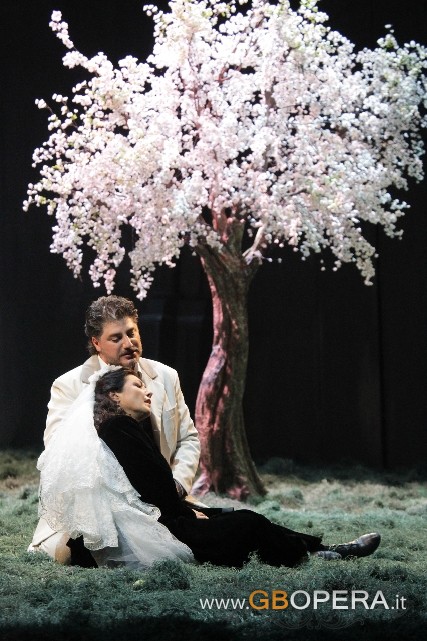
.jpg)
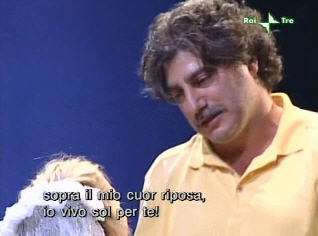
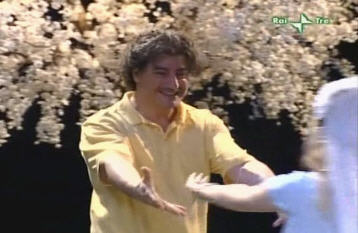
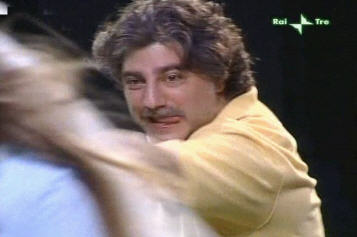
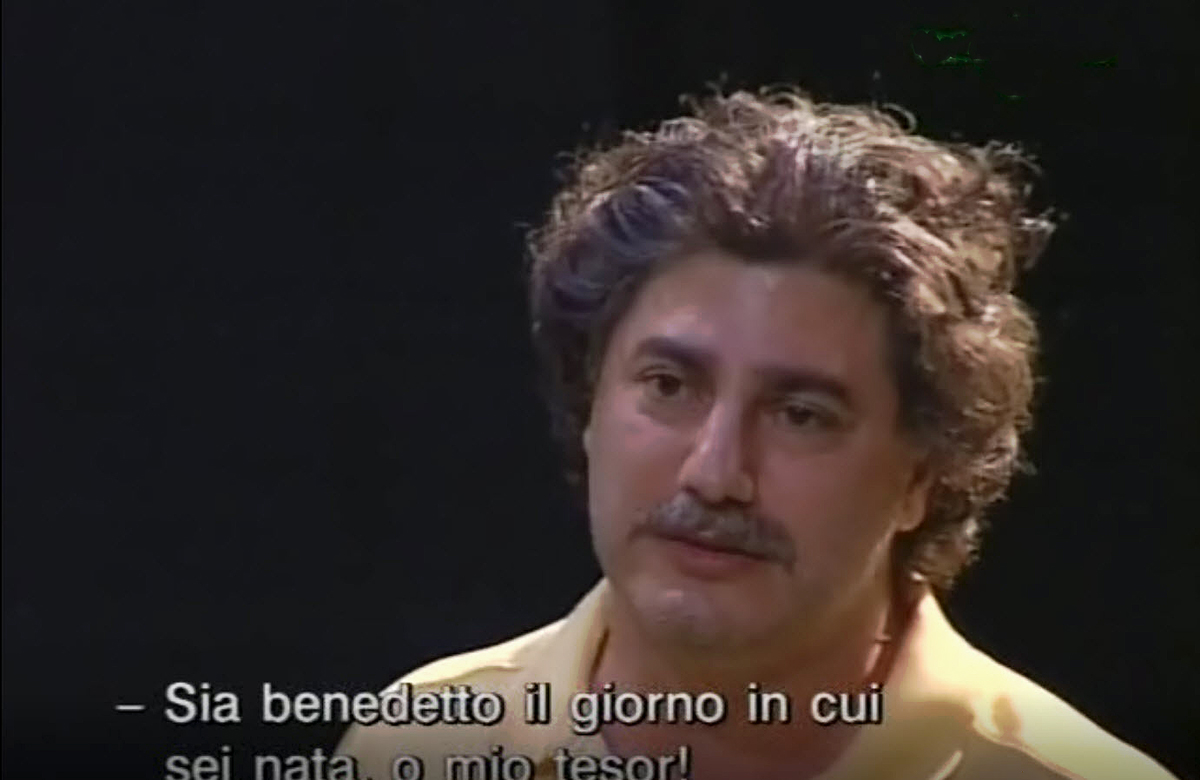
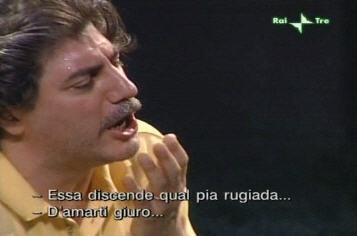
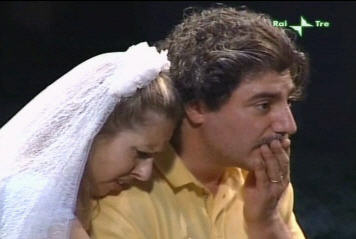
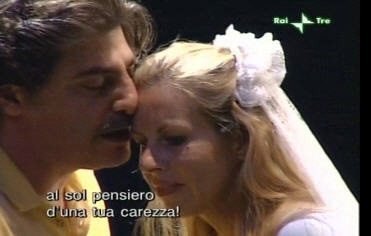
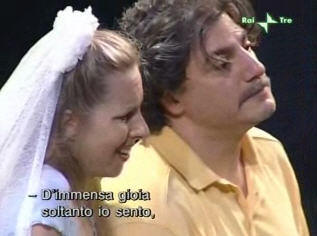
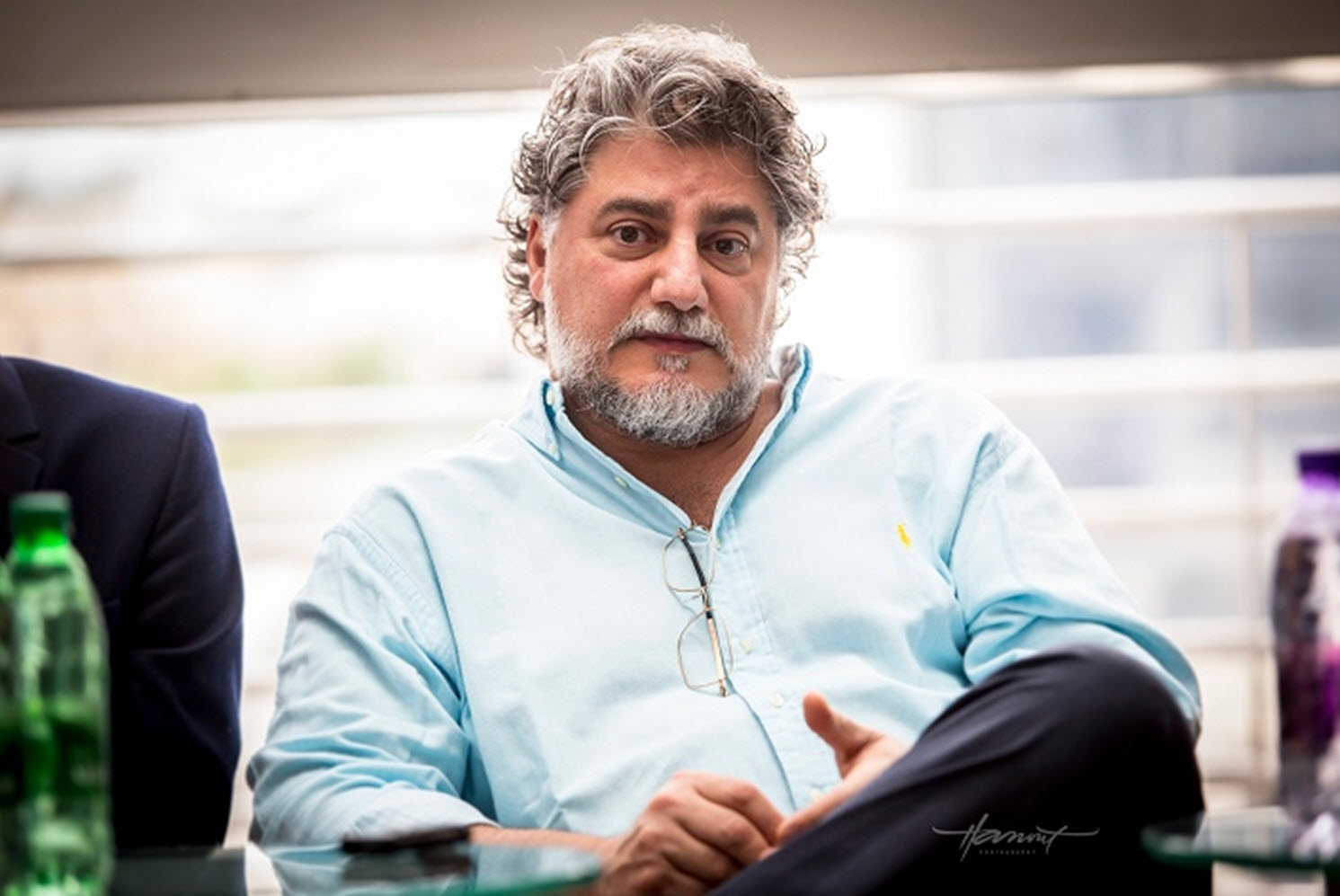
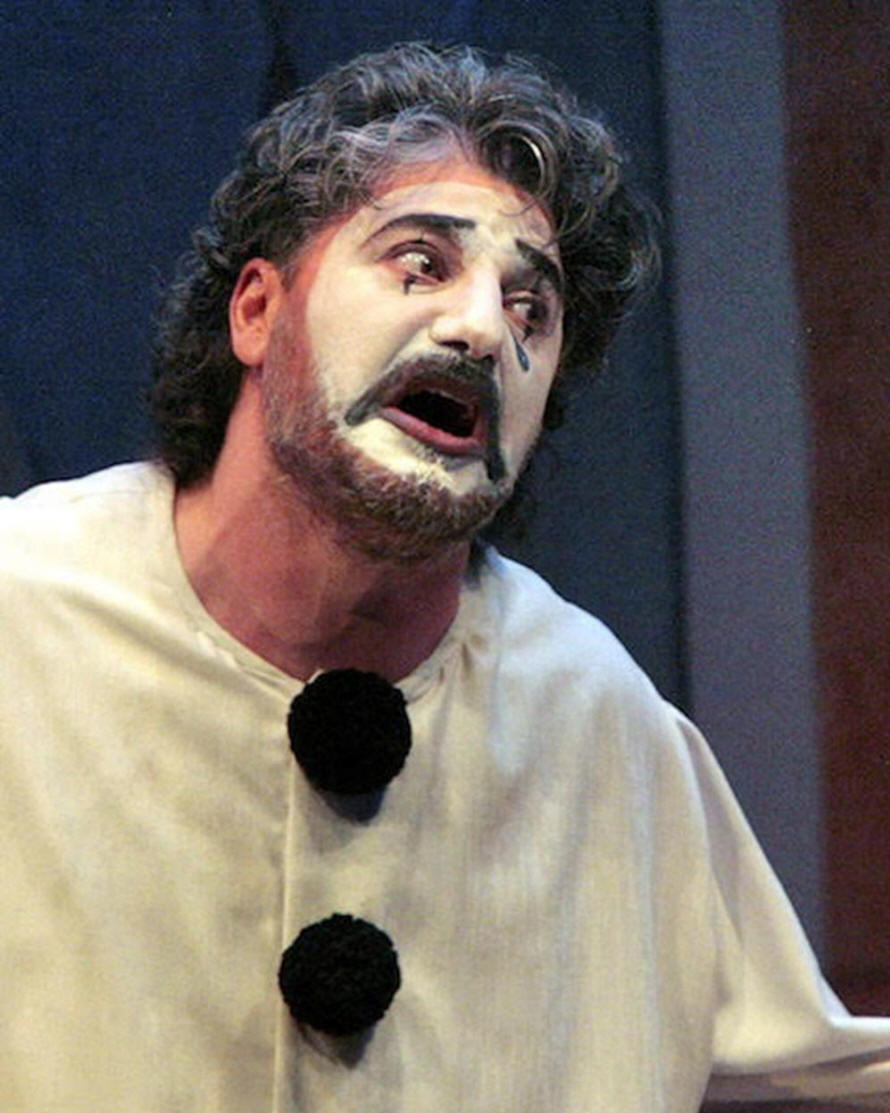
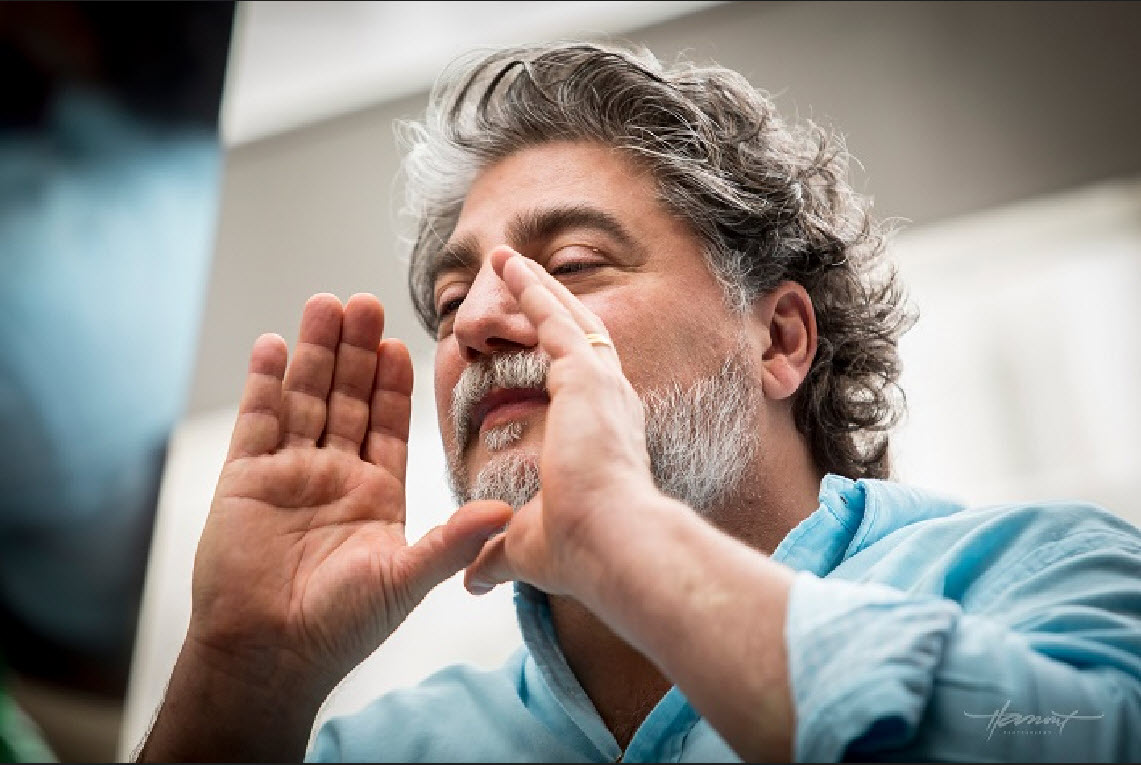
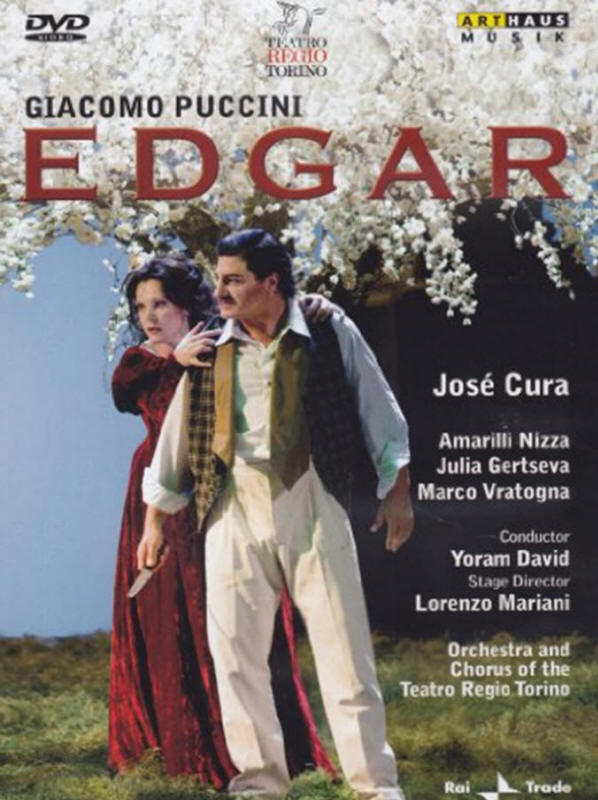
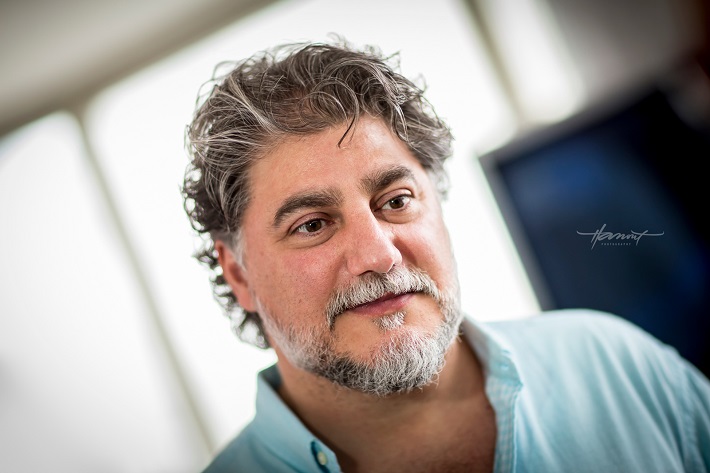
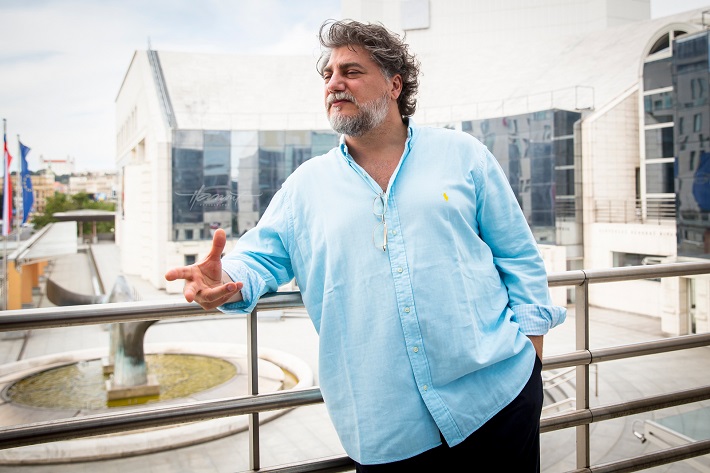
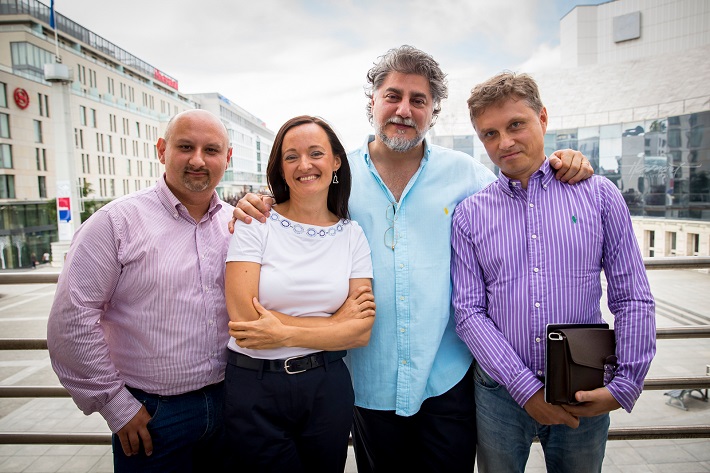
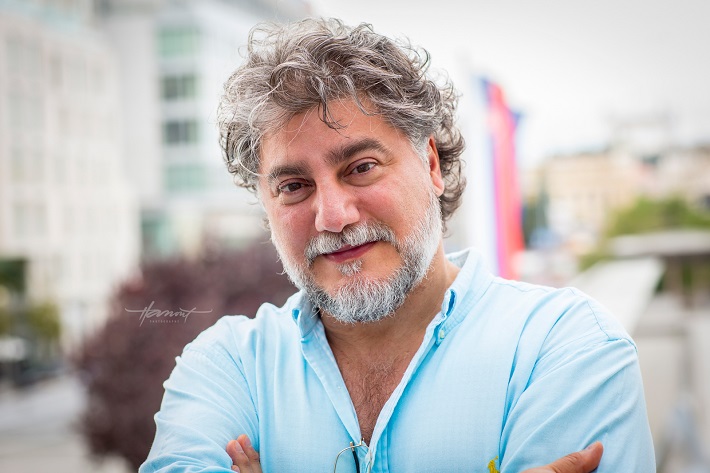
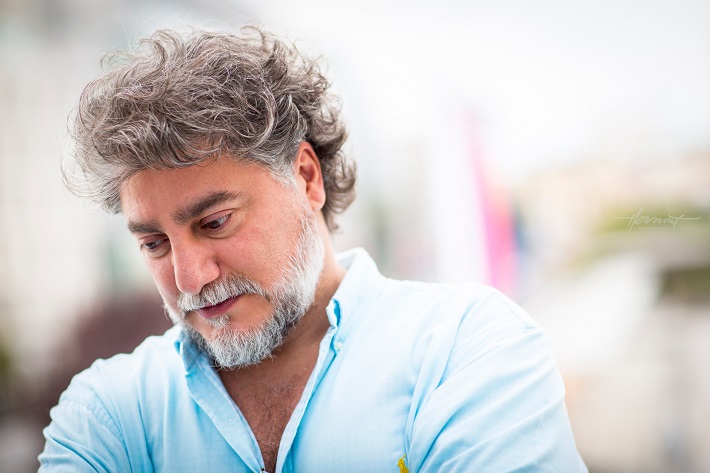
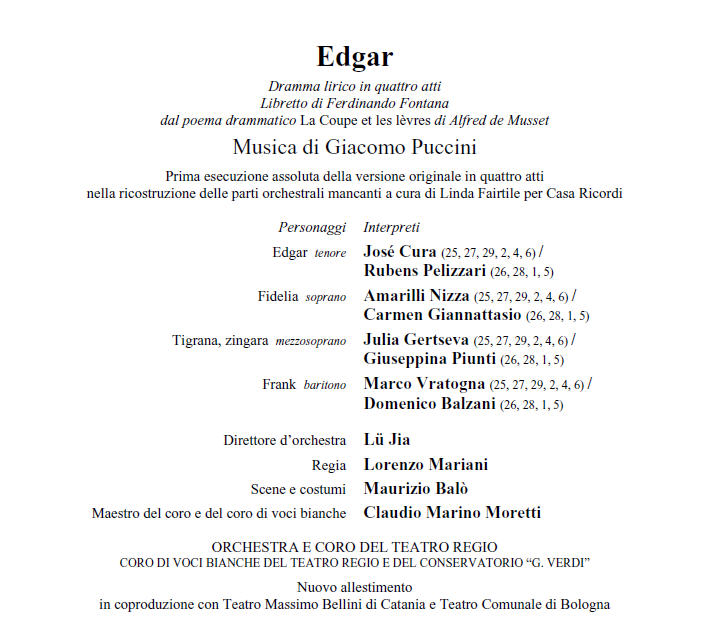
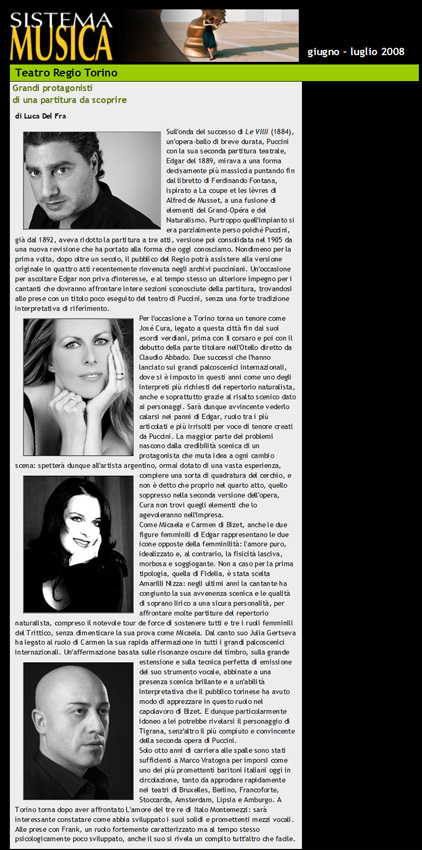
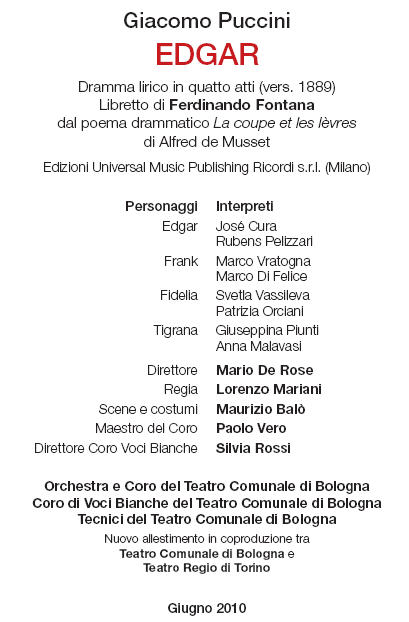
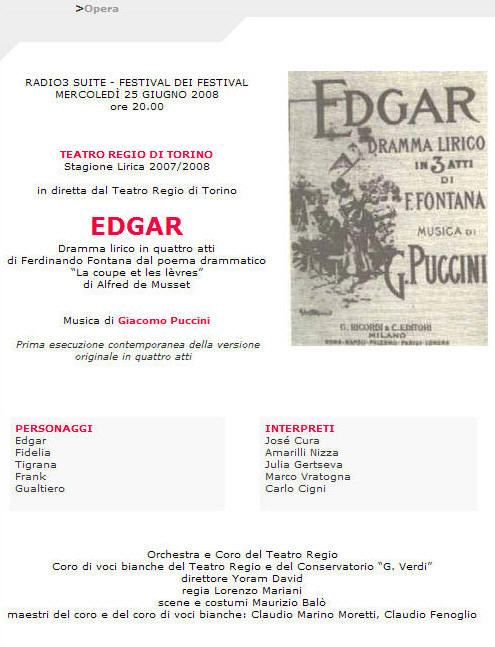
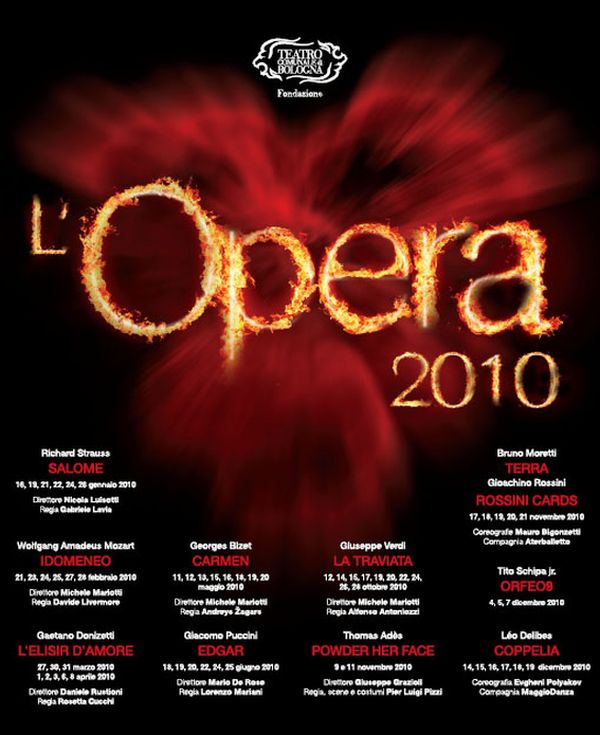
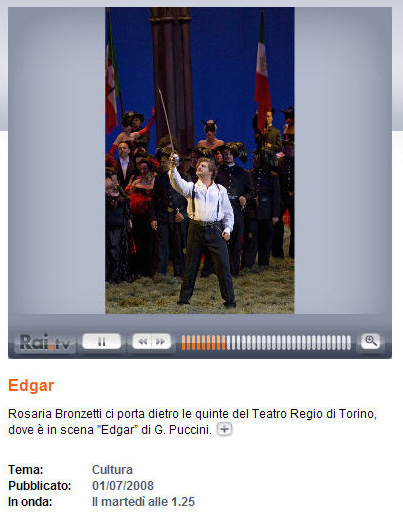
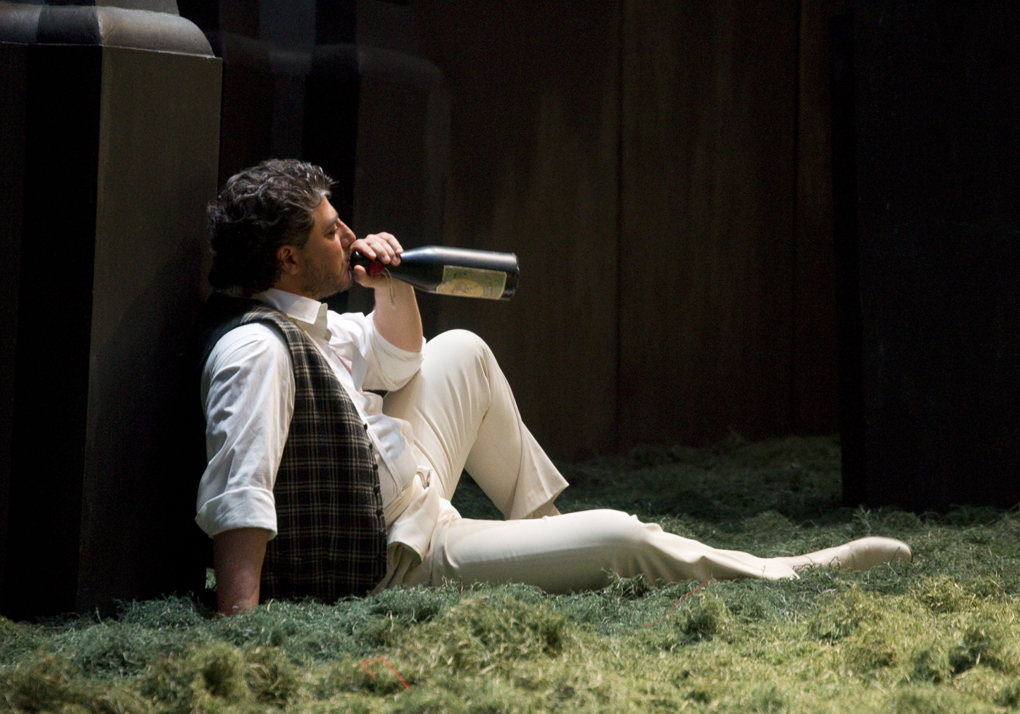
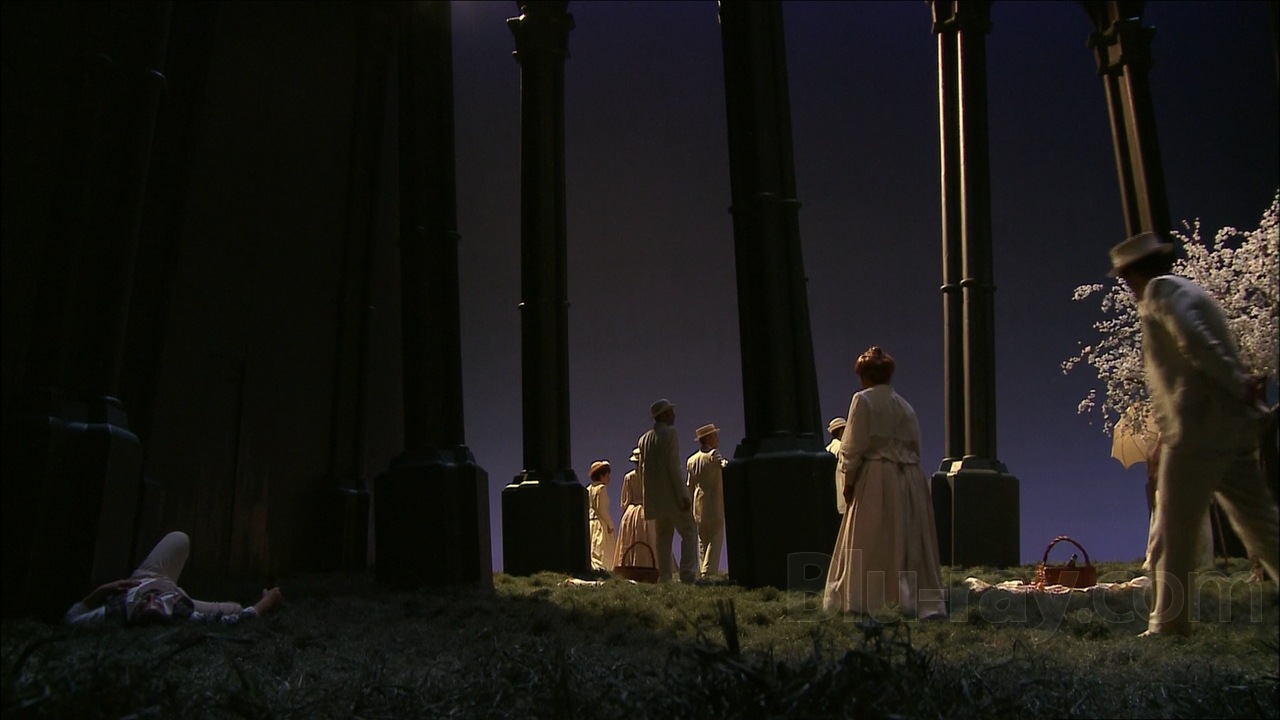
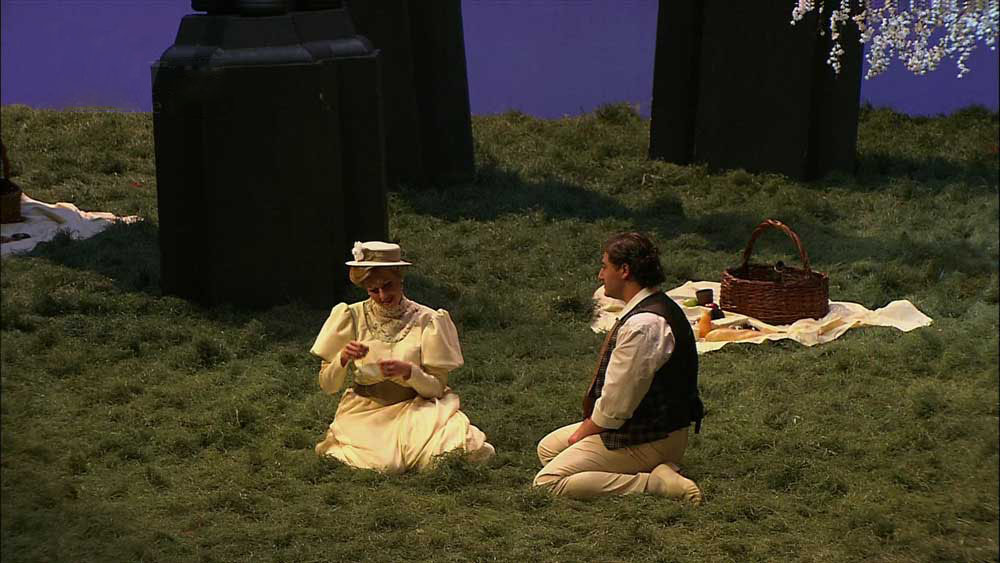
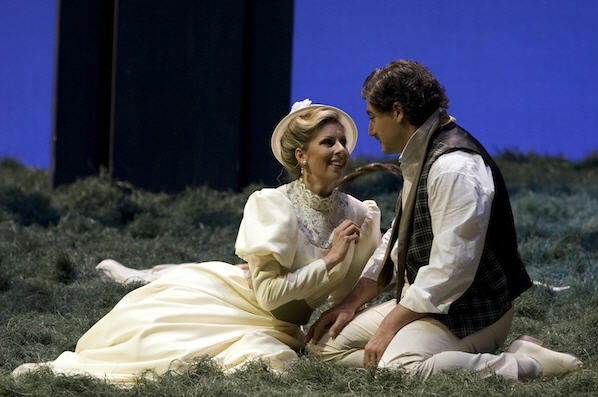
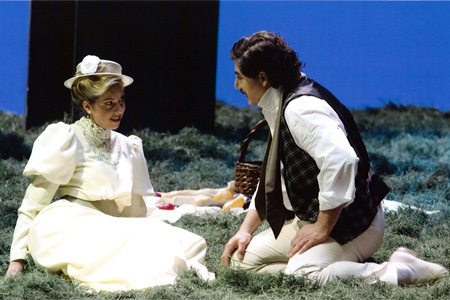
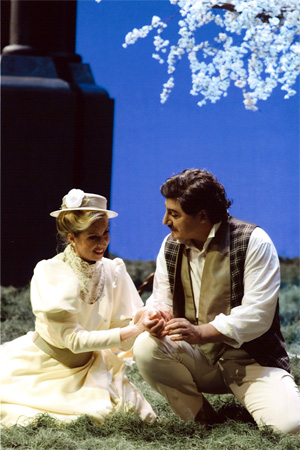
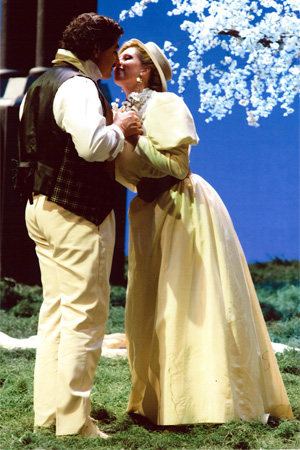
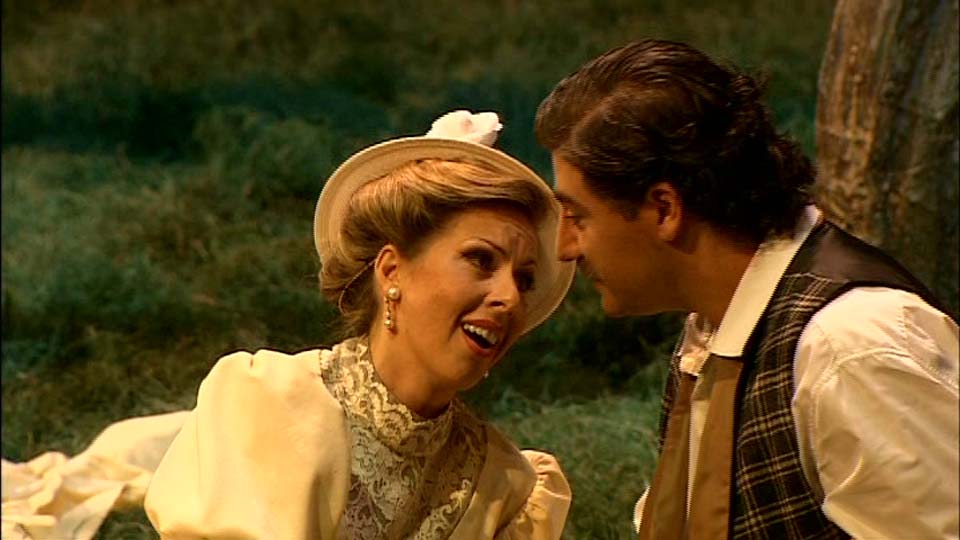
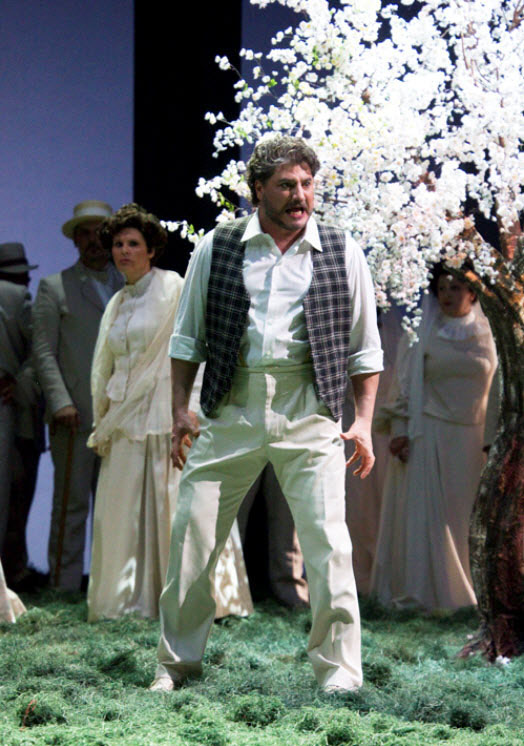
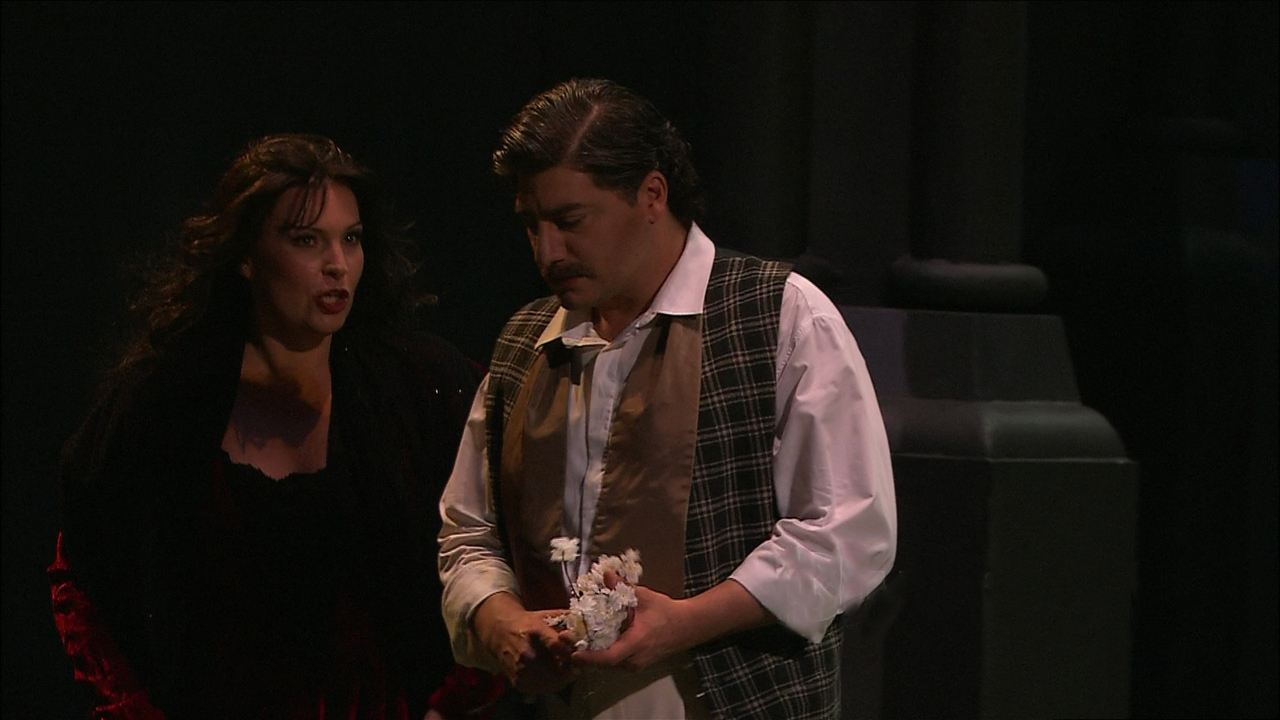
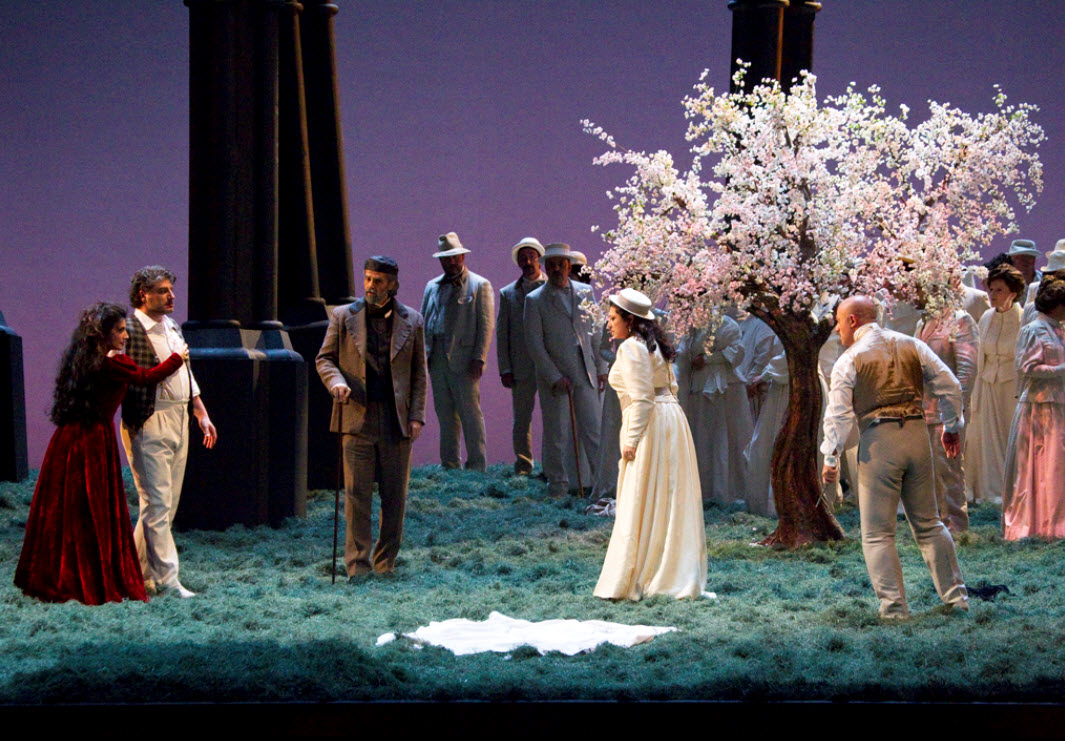
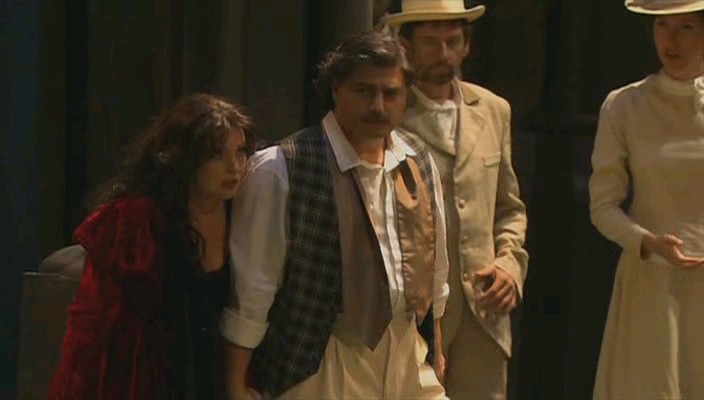
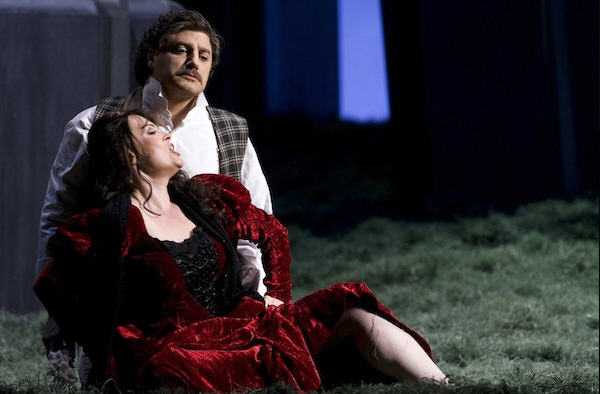
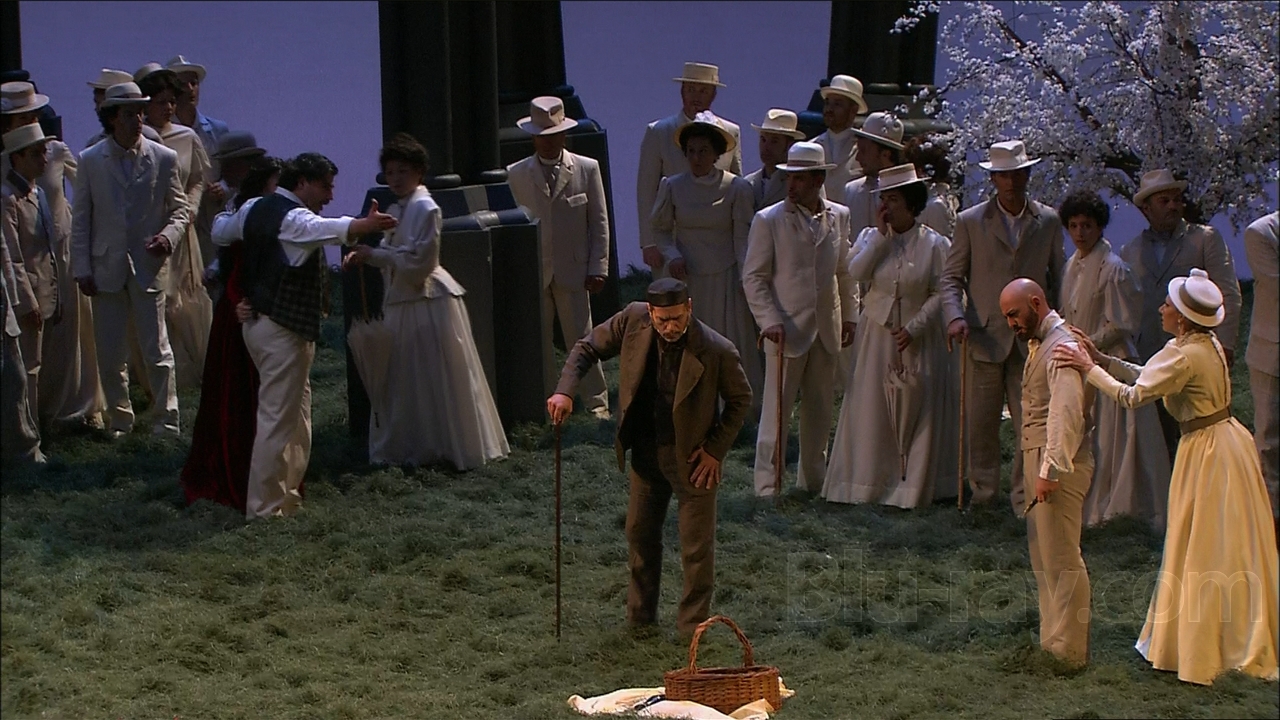
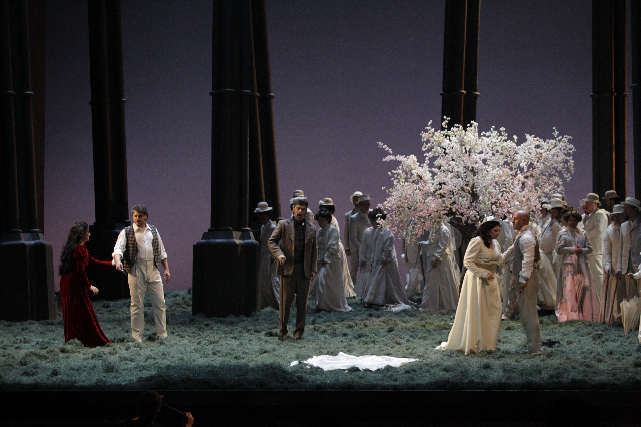
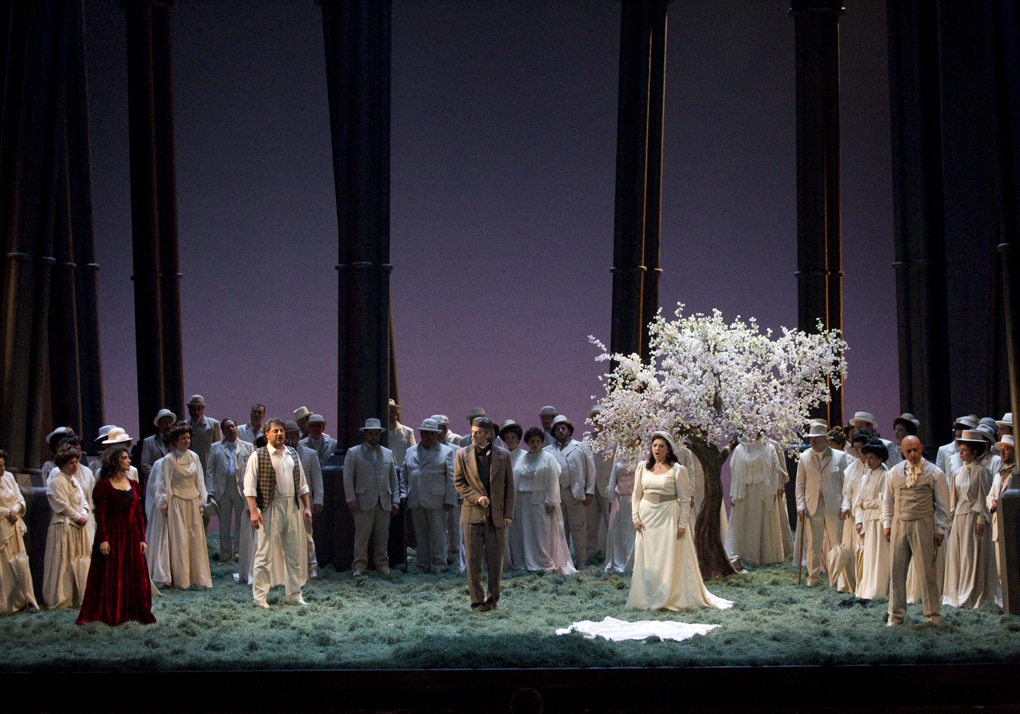
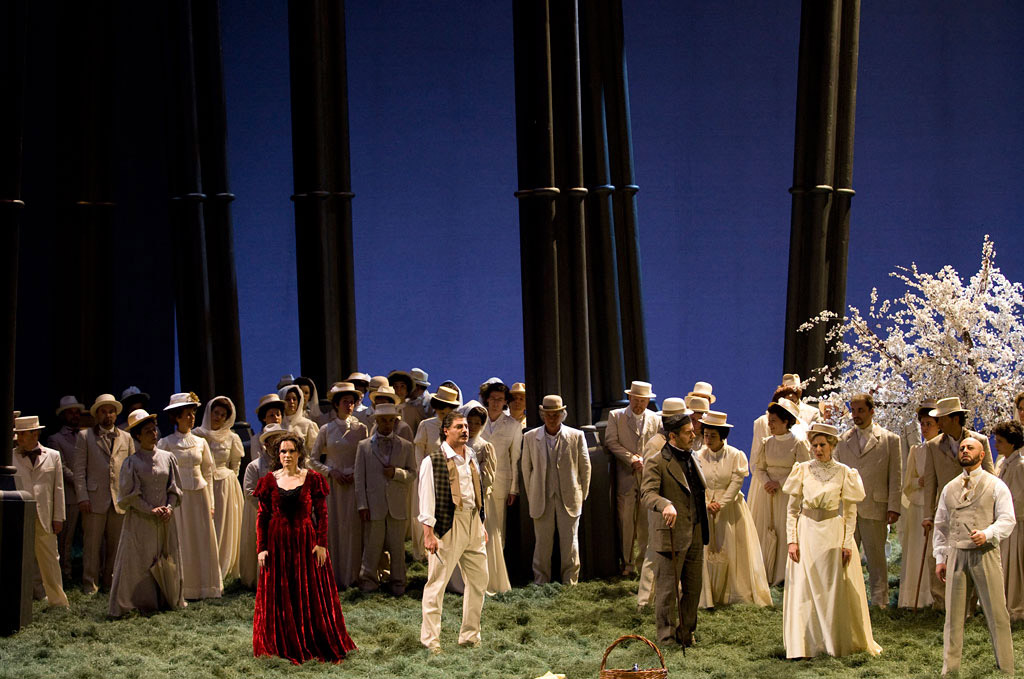
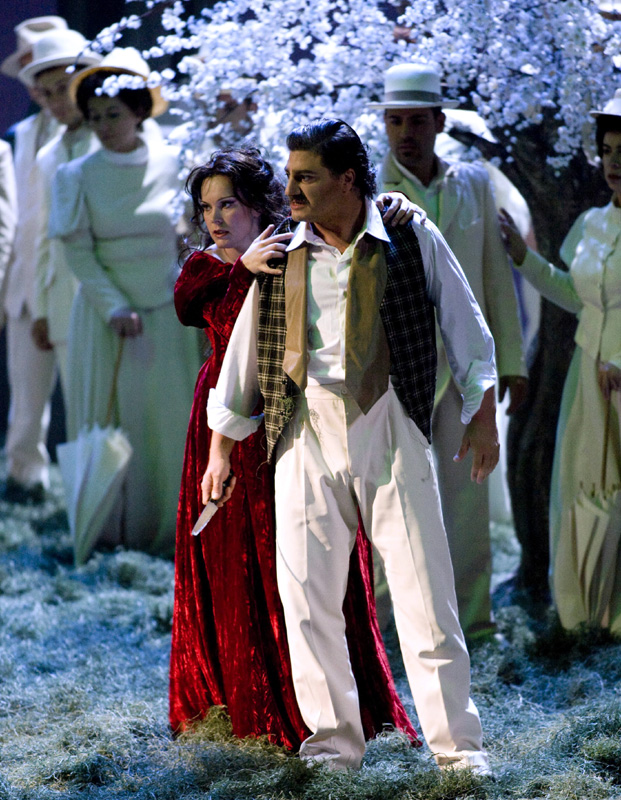
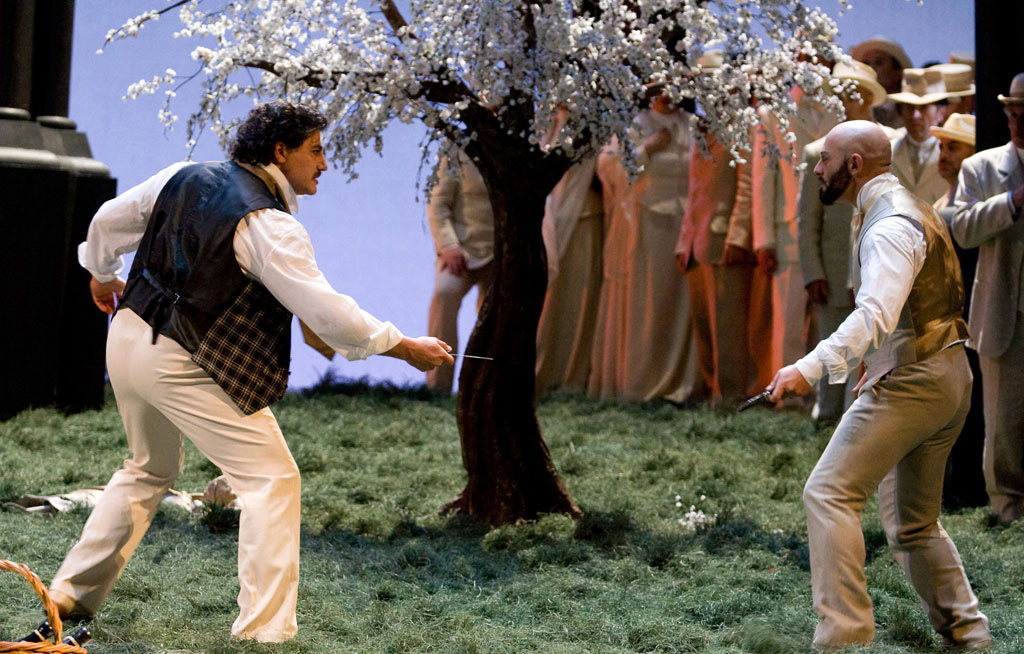
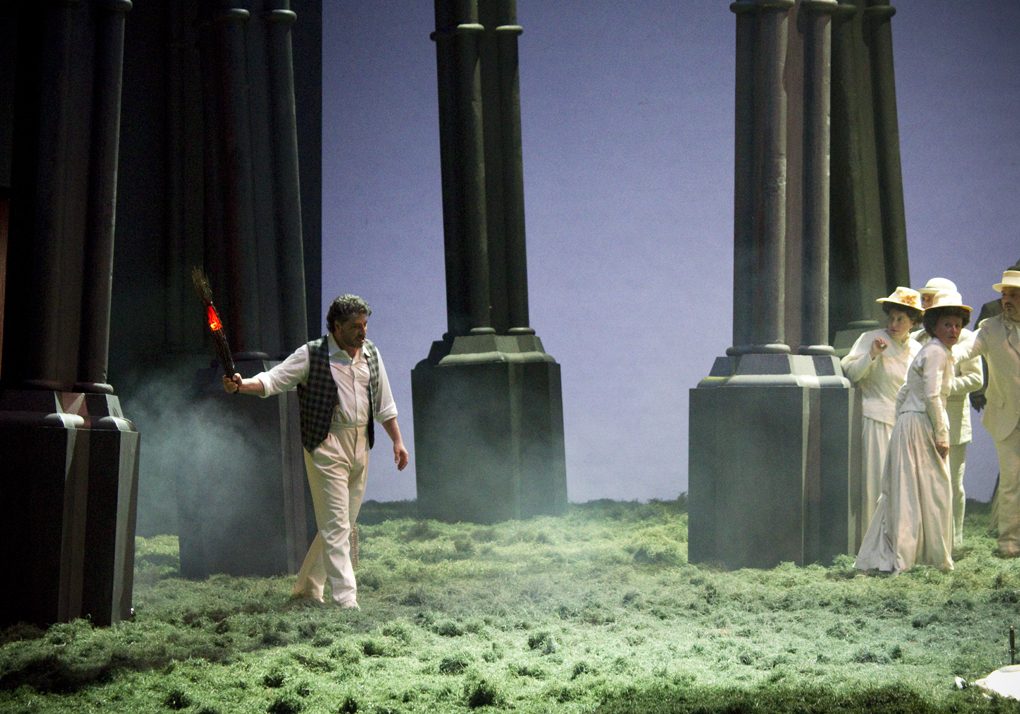
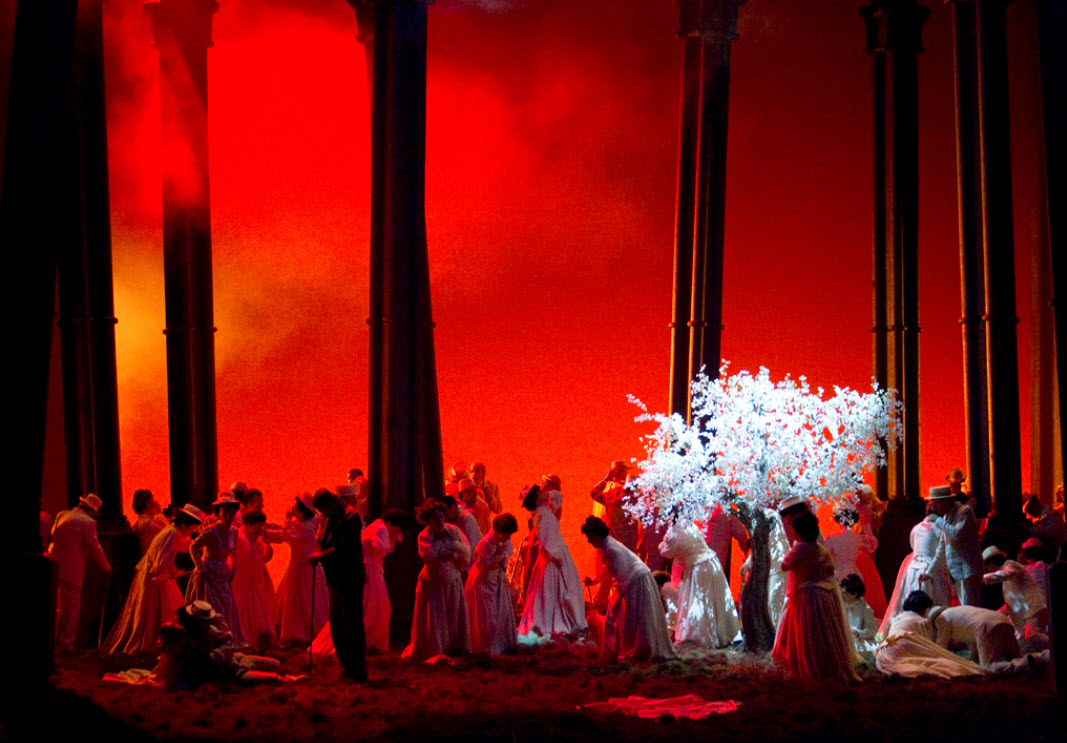
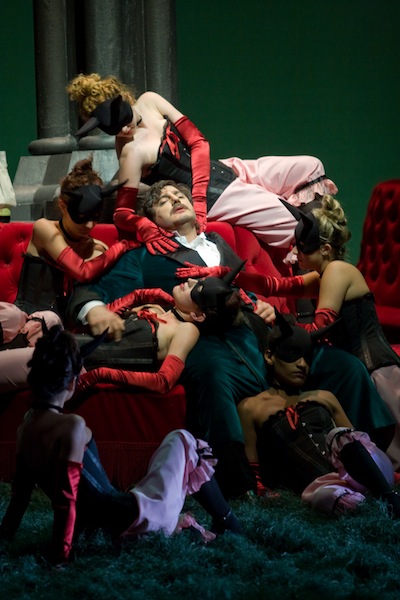
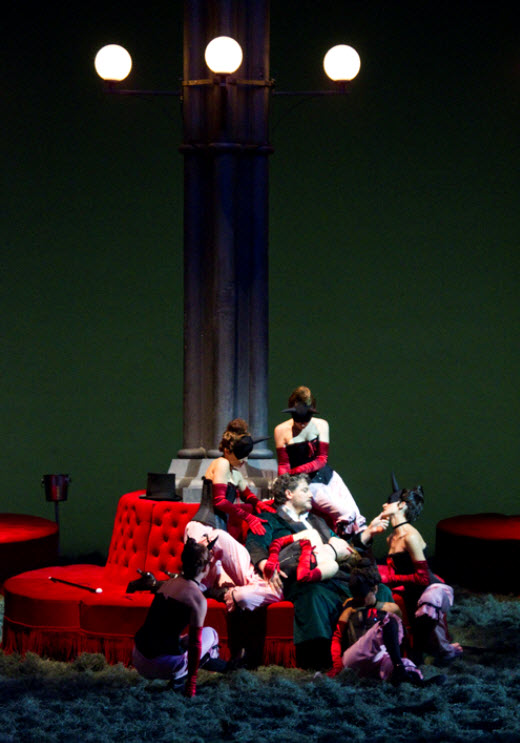
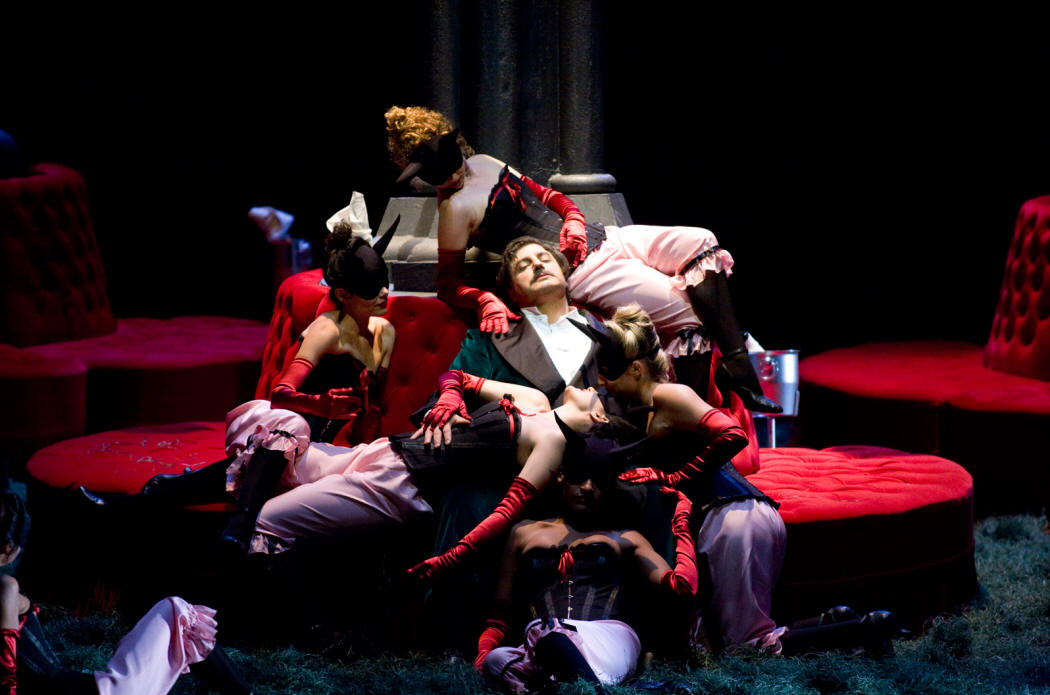
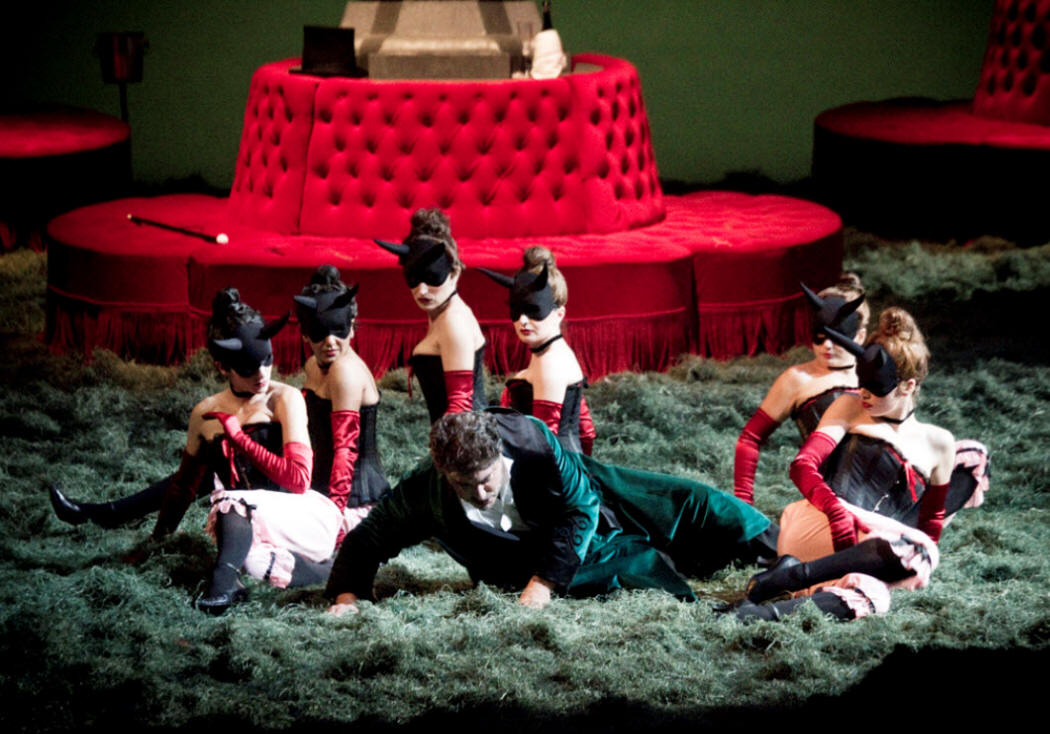
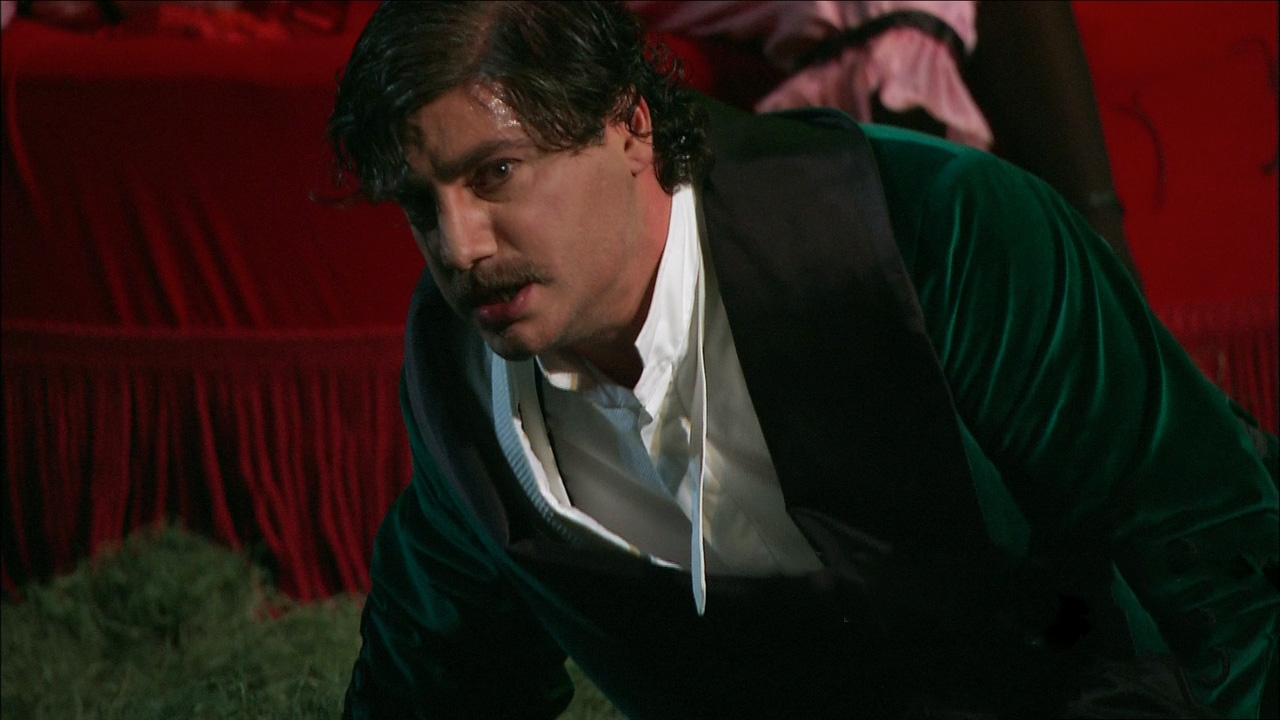
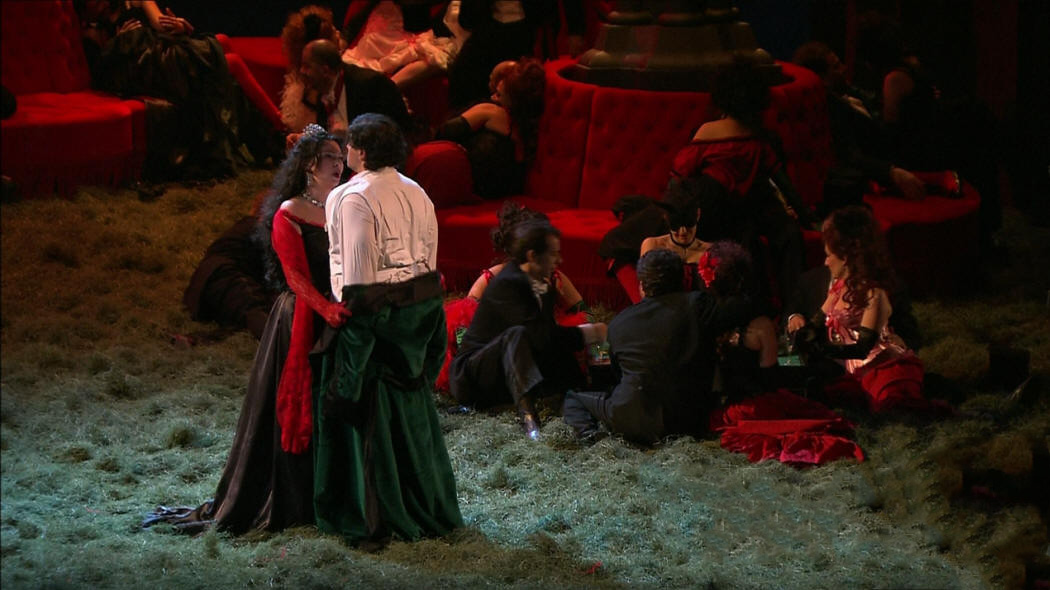
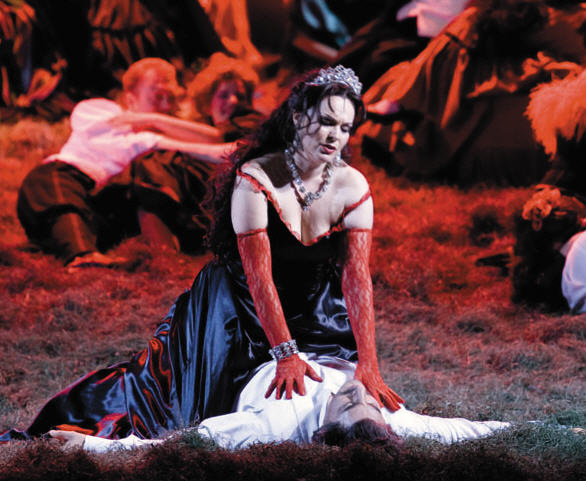
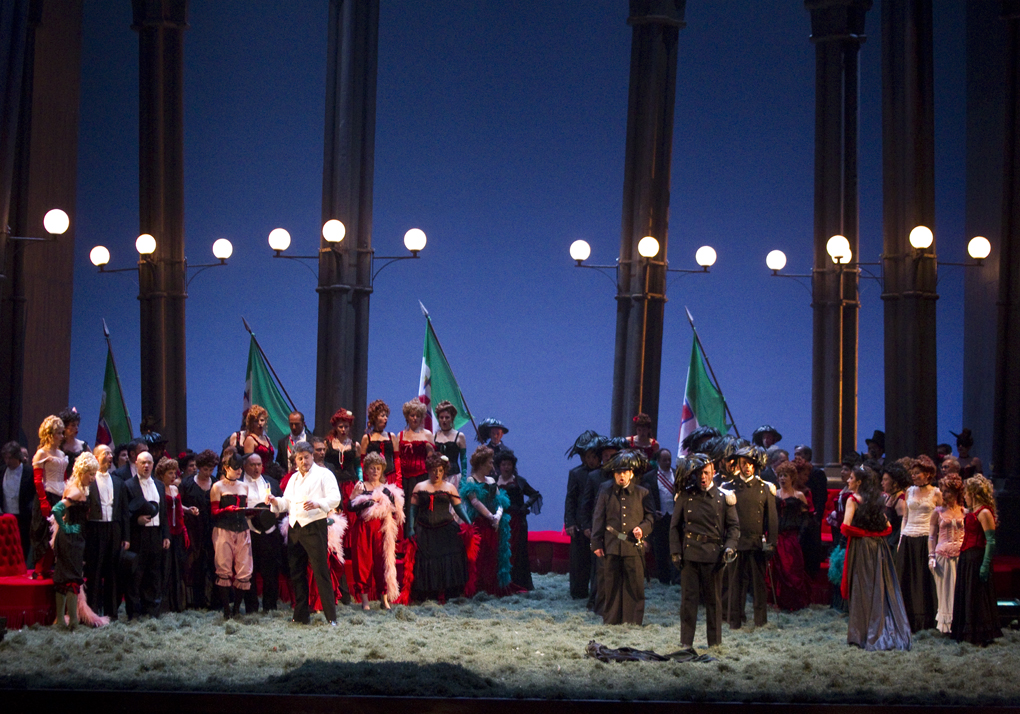
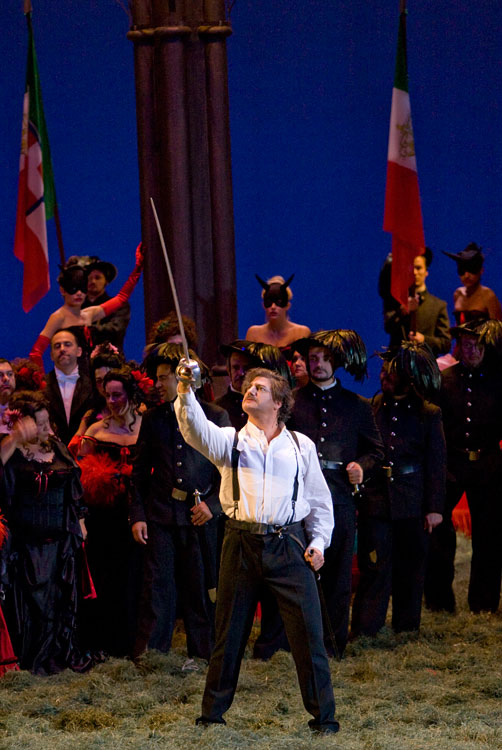
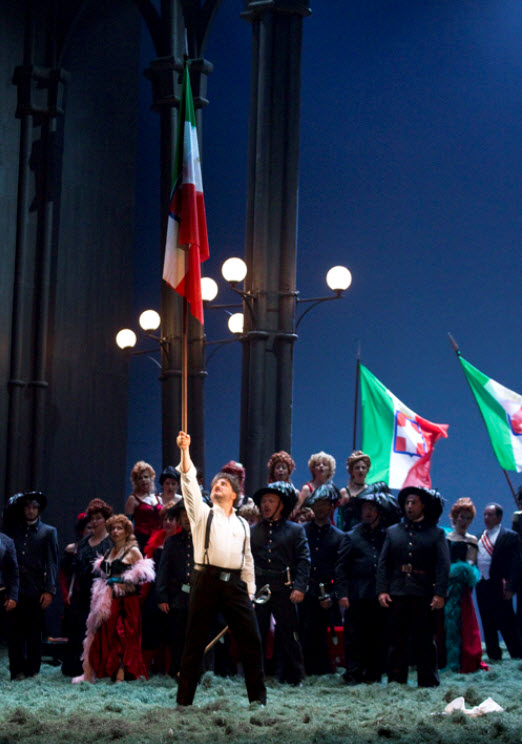
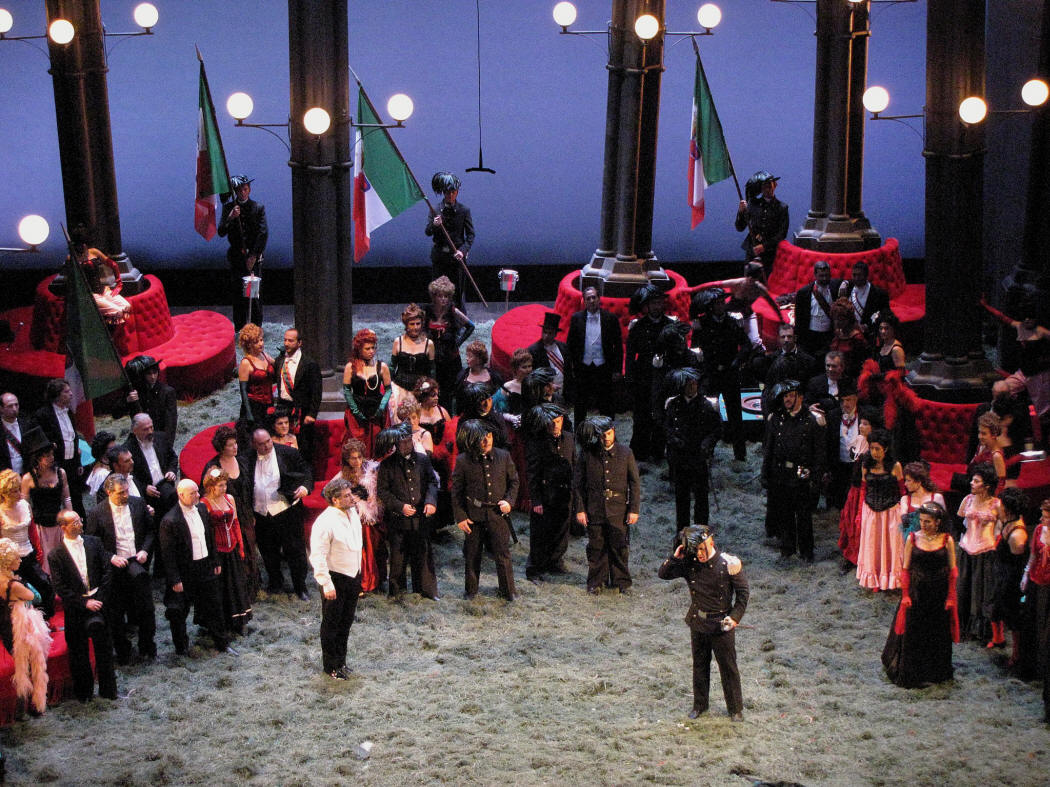
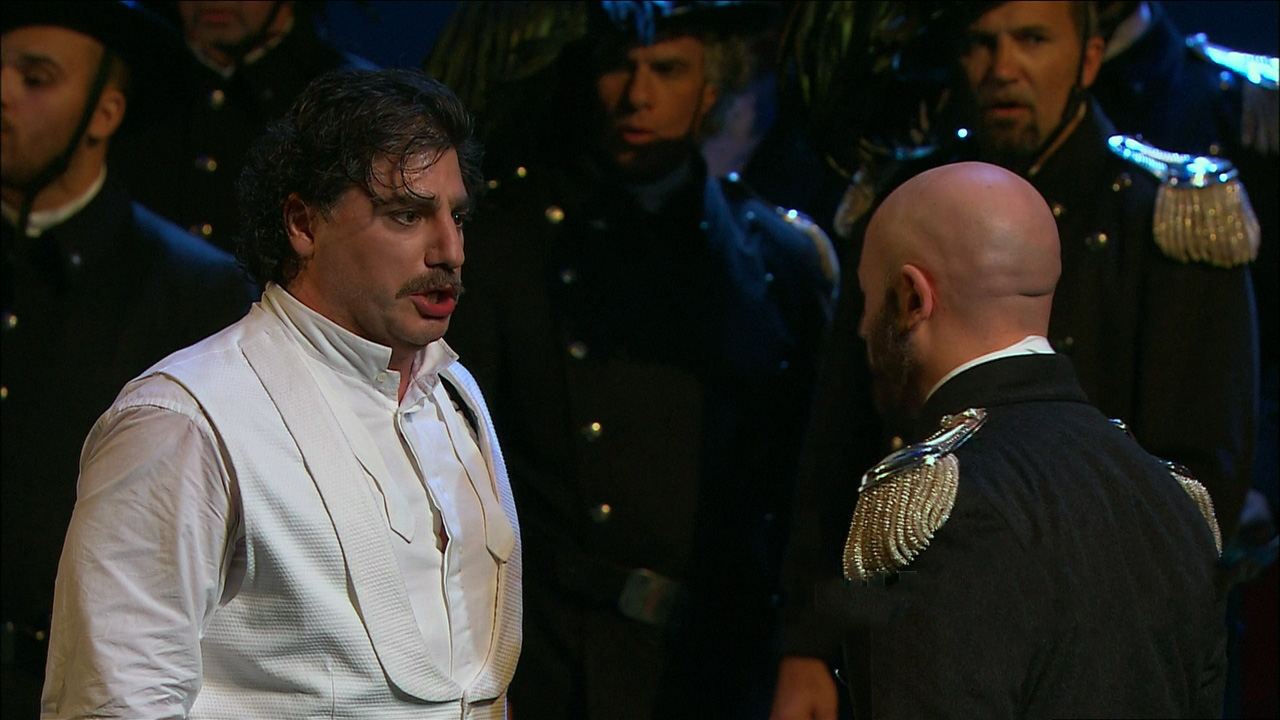
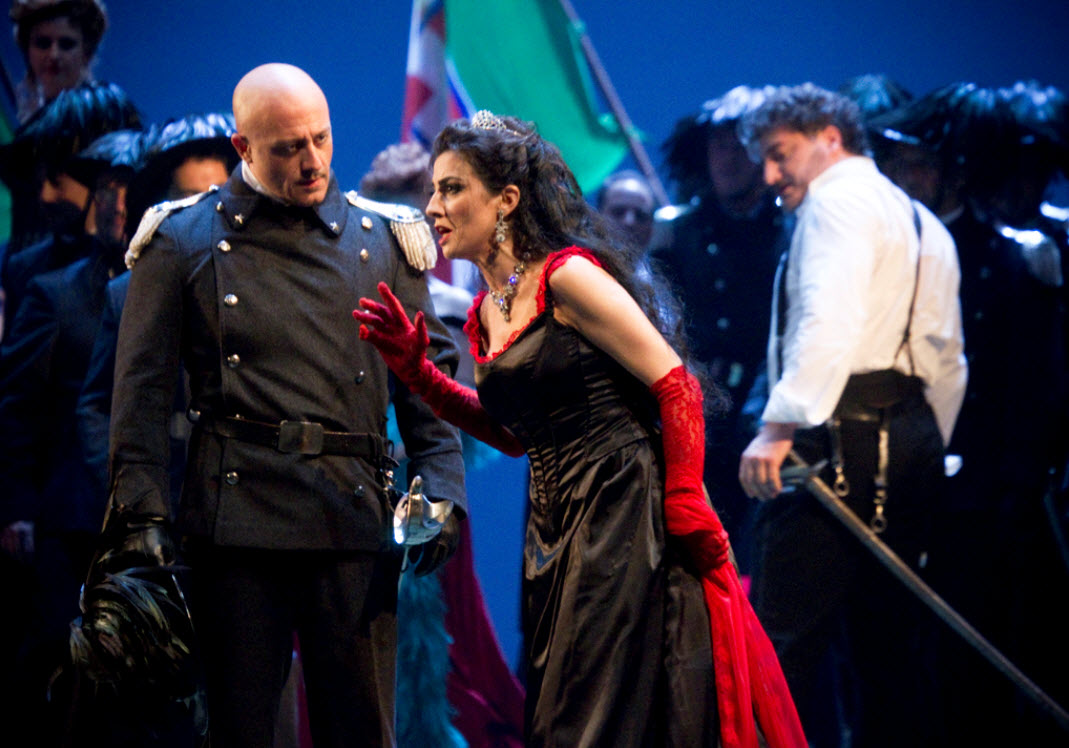
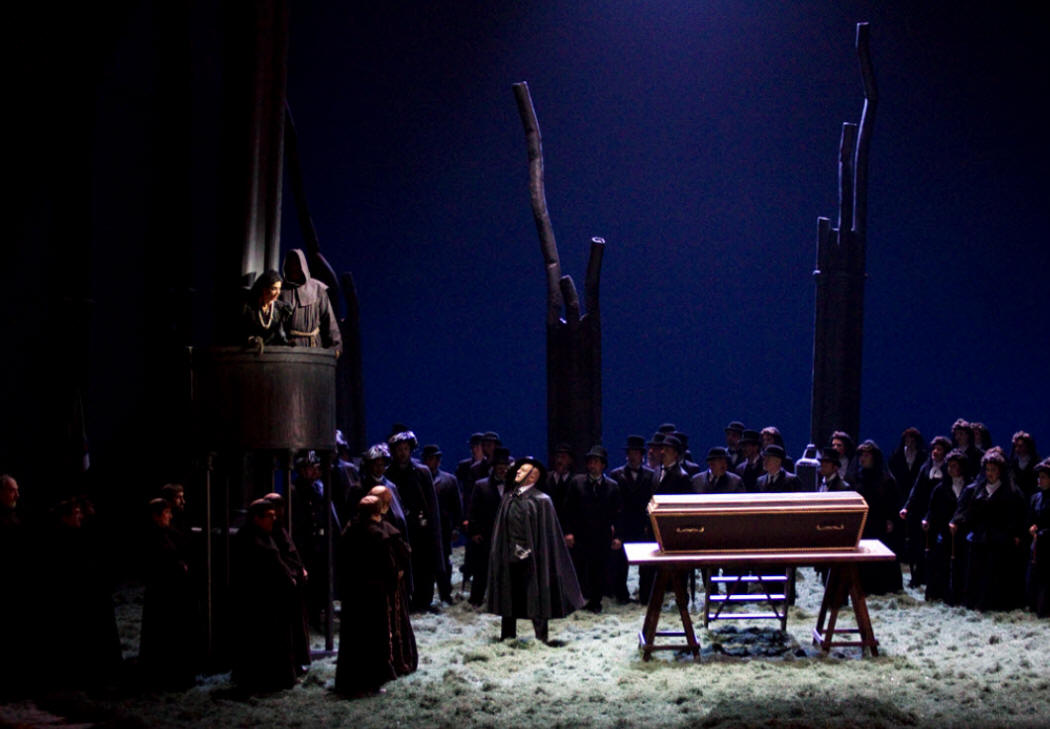
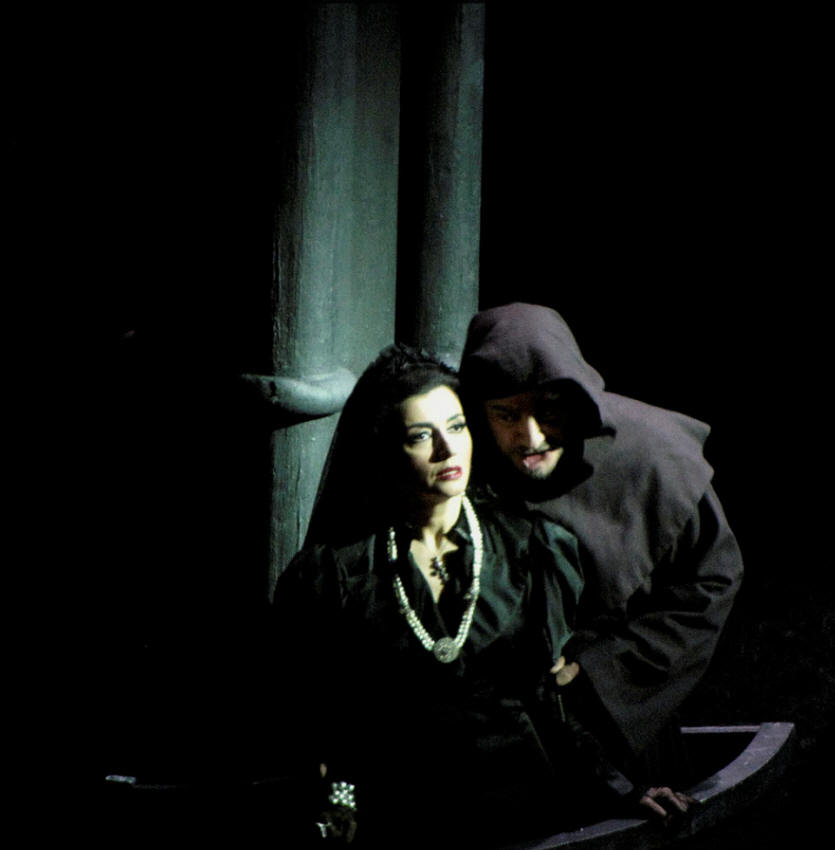
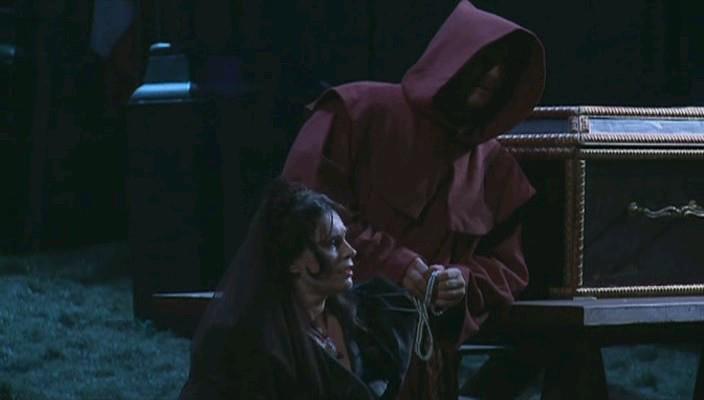
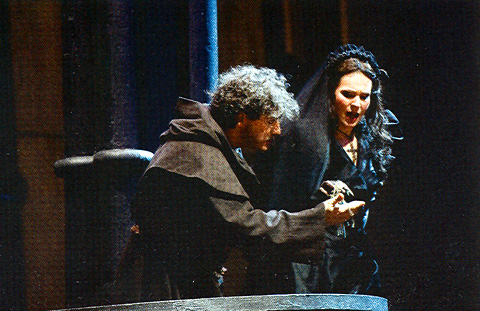
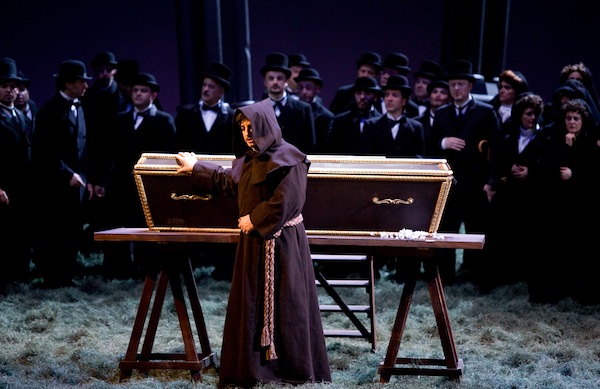
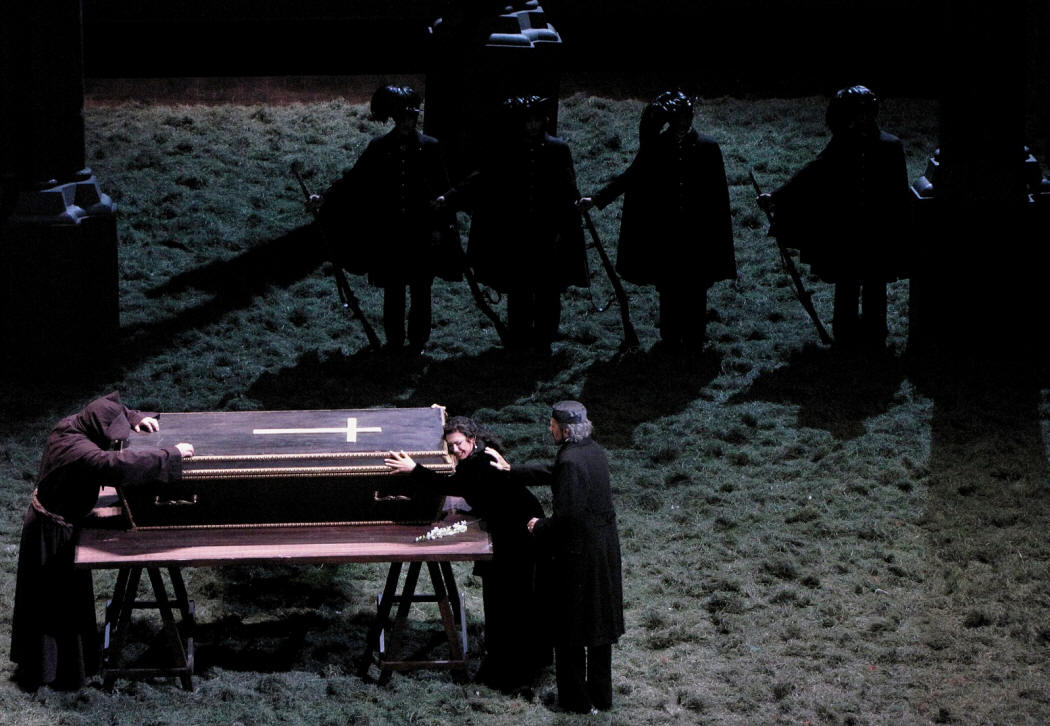
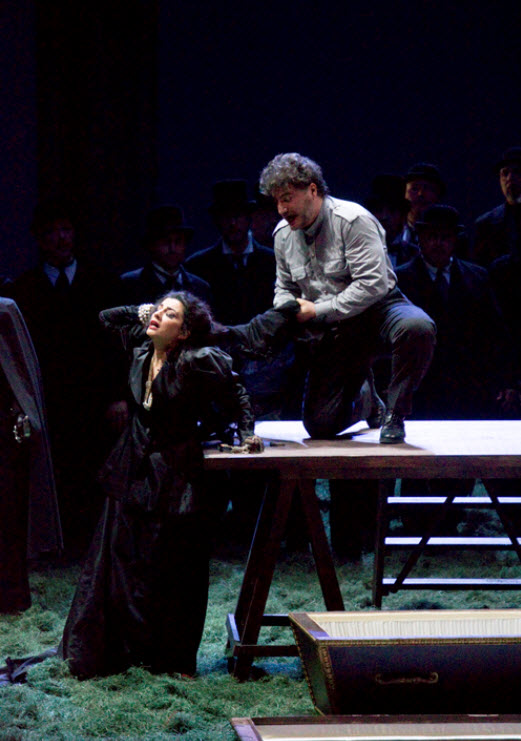
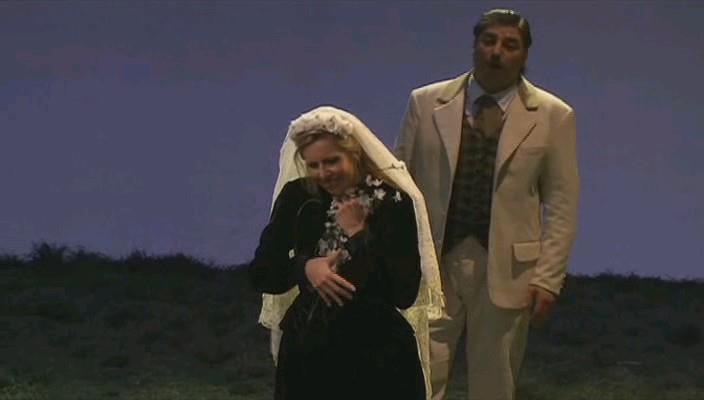
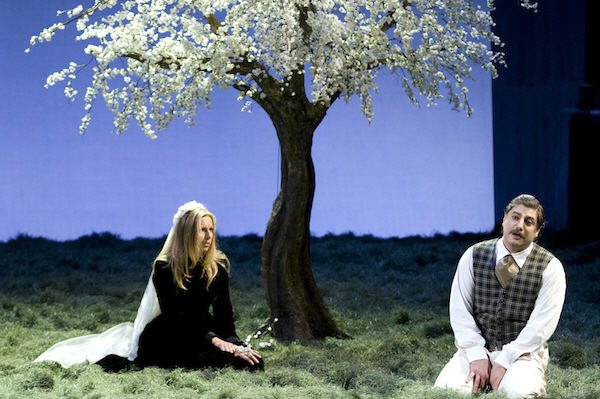
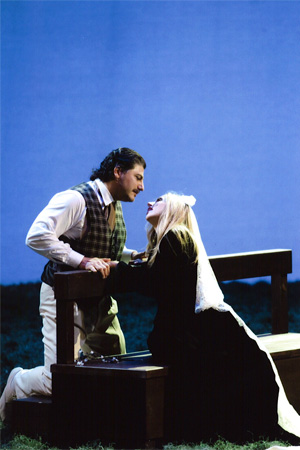
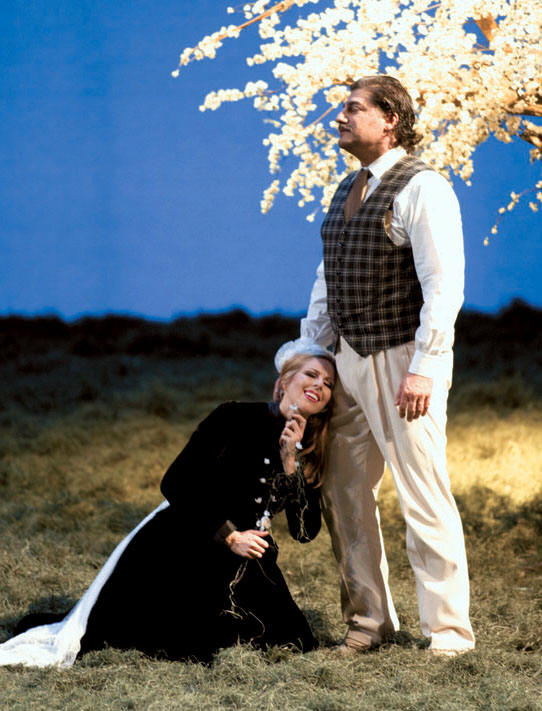
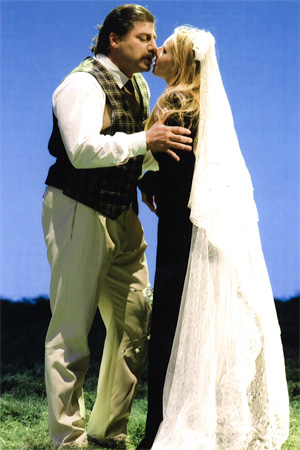
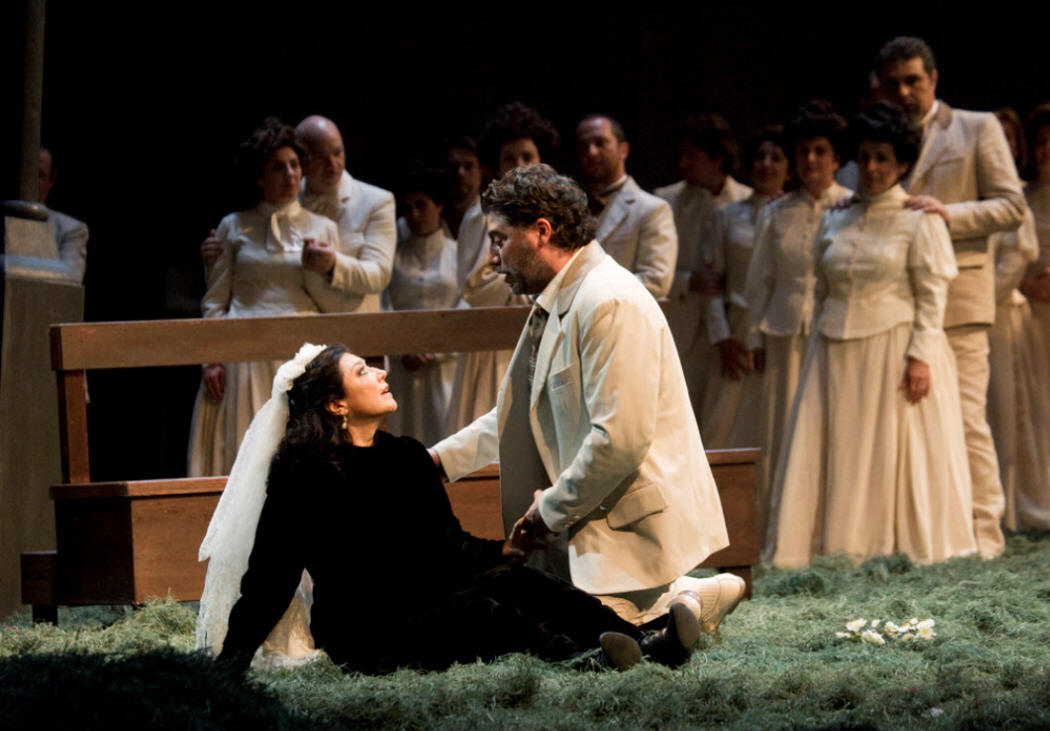
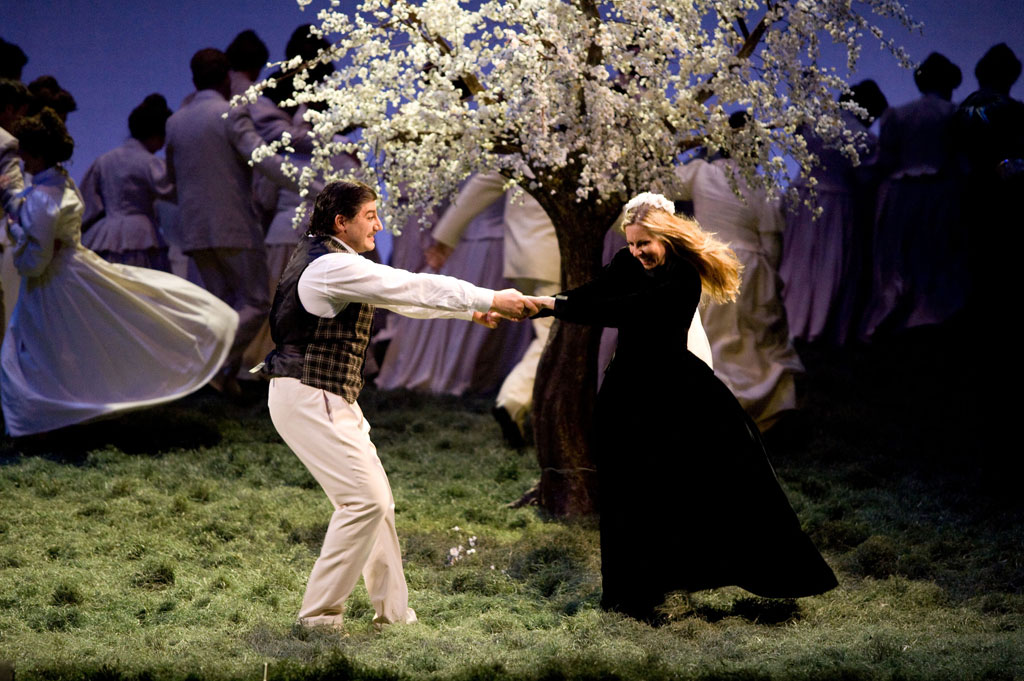
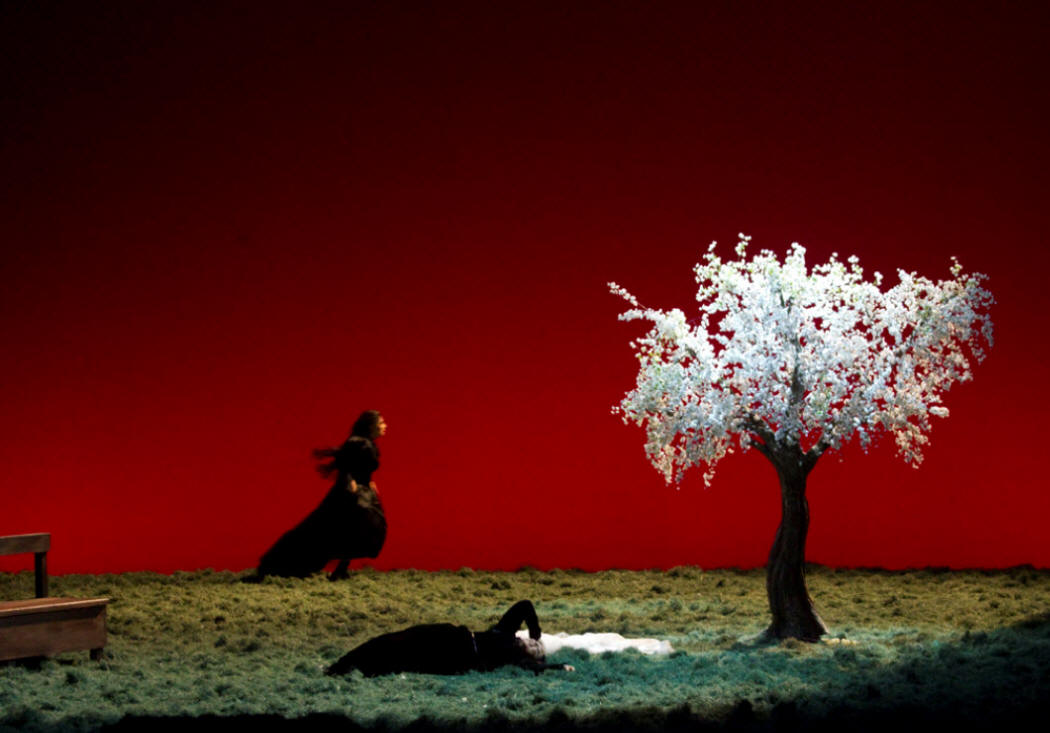
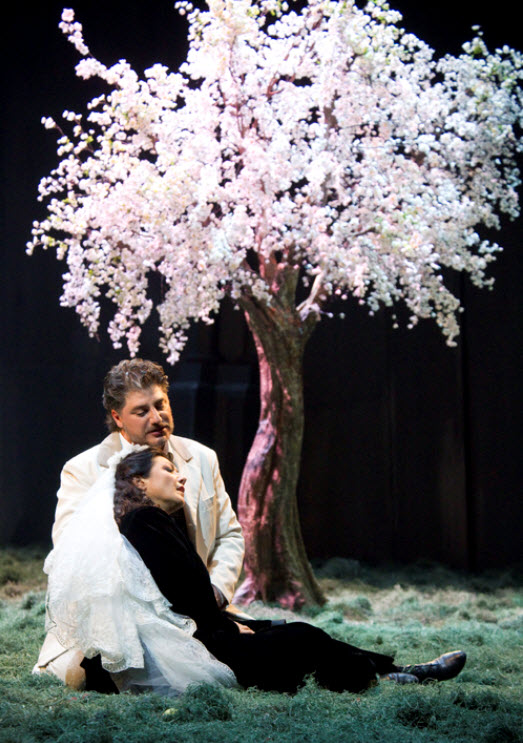 '
'
